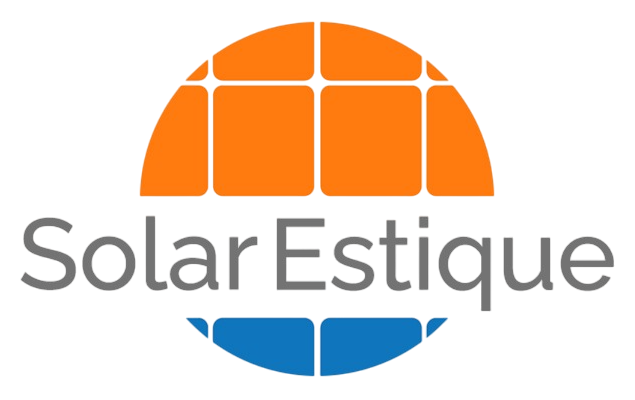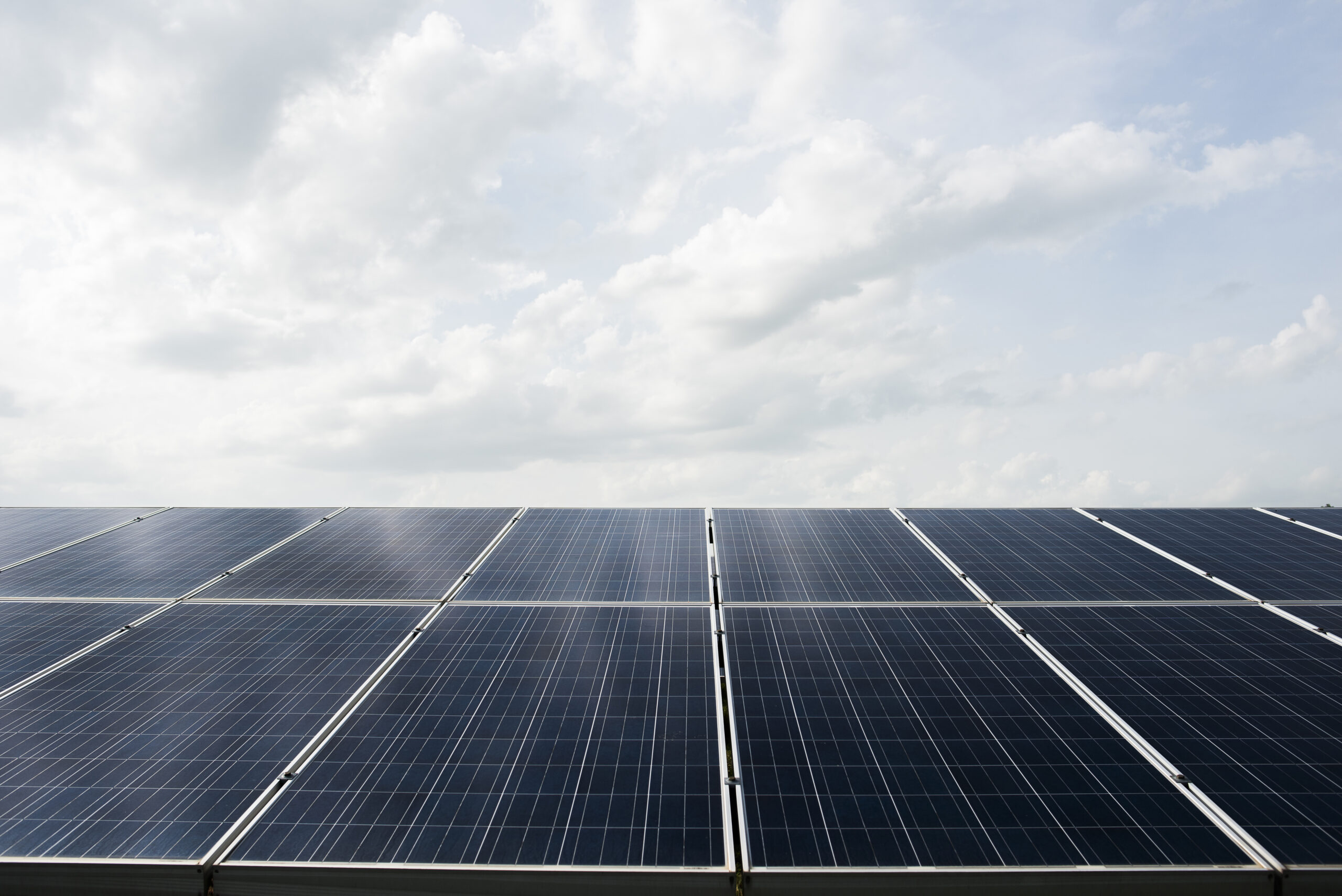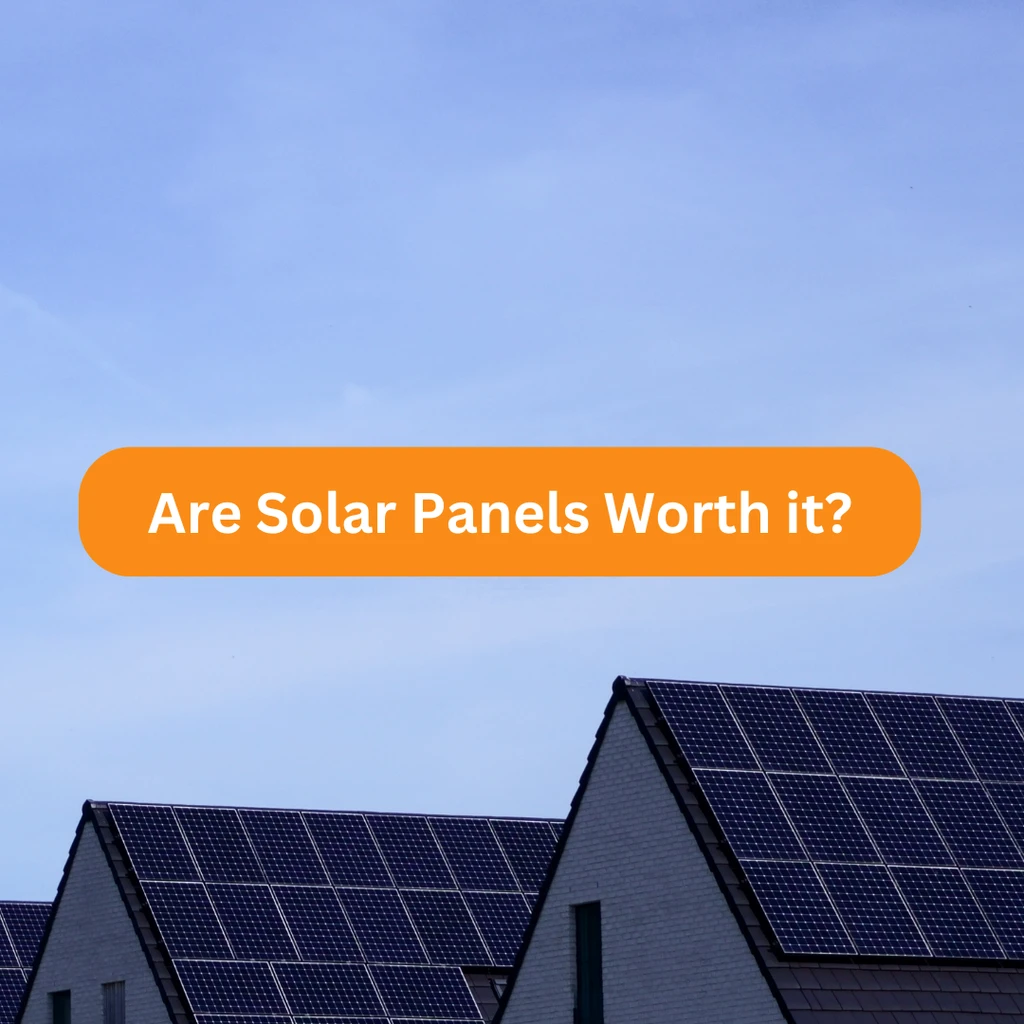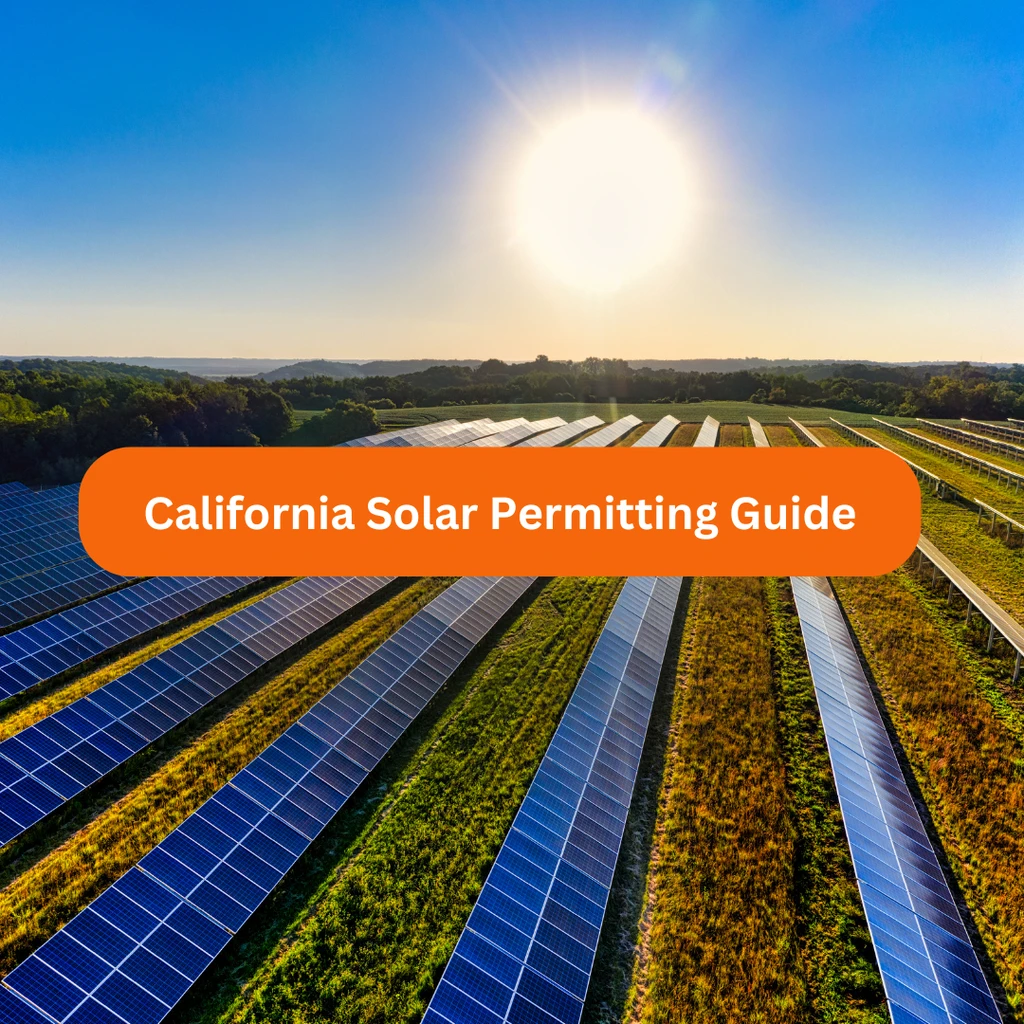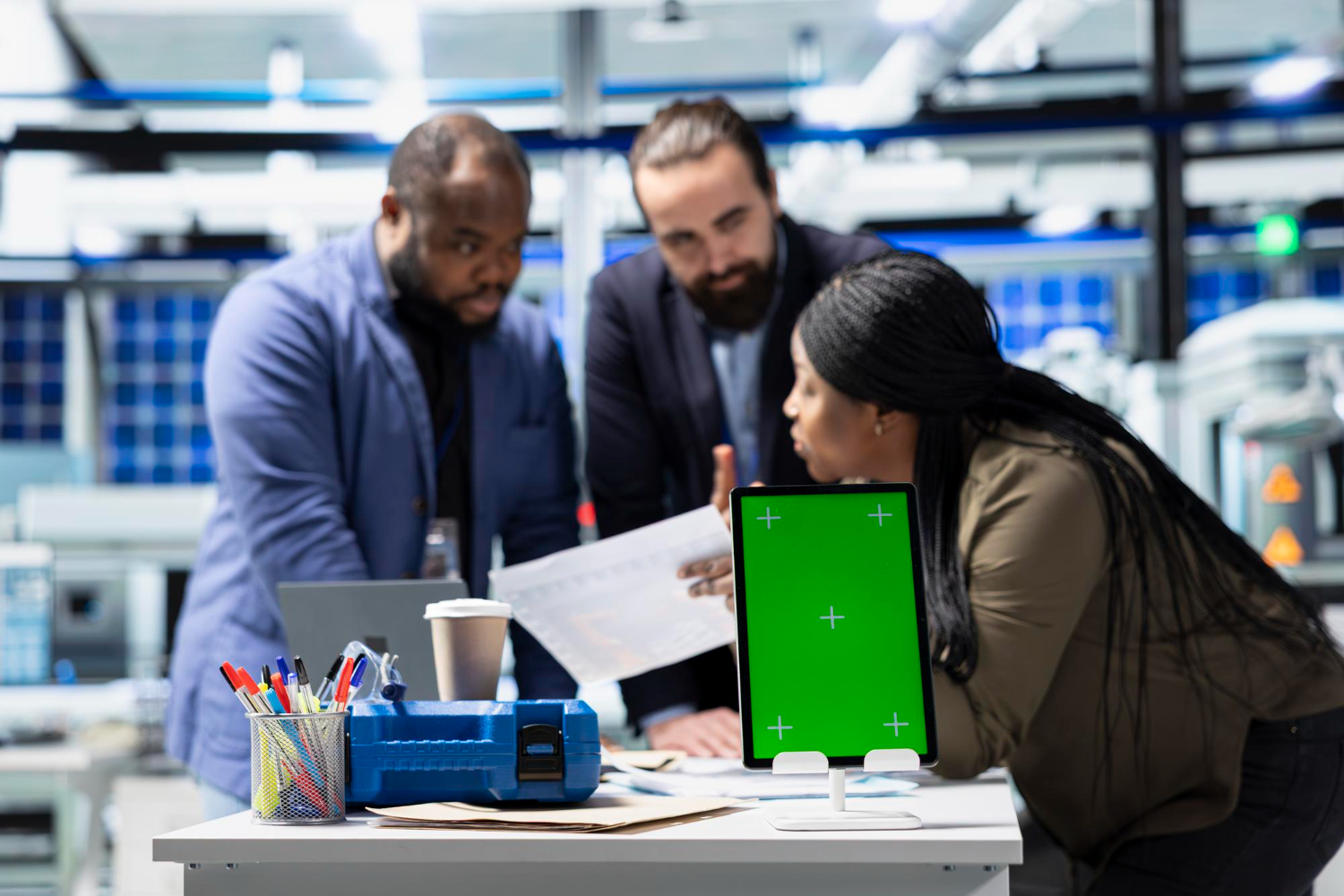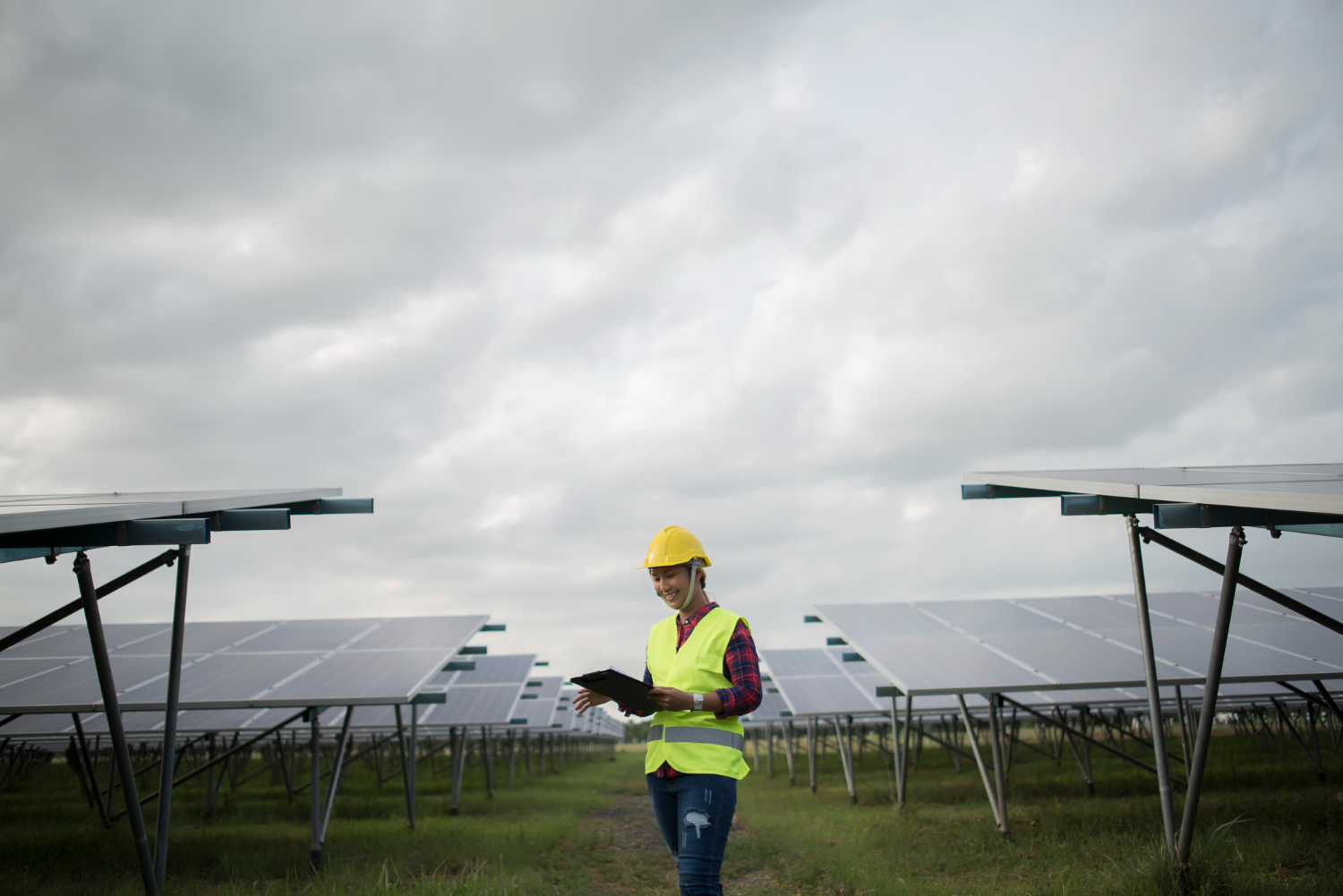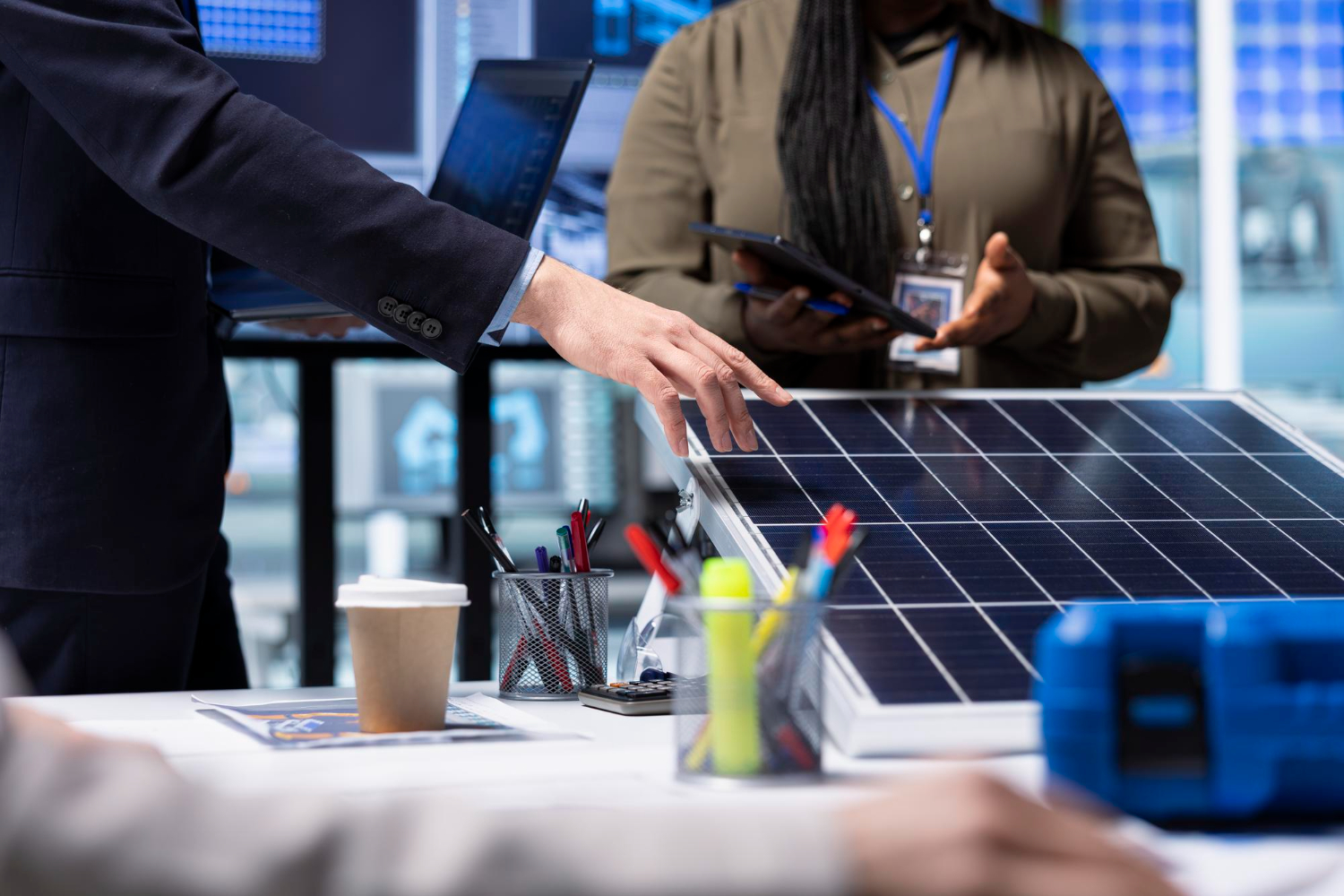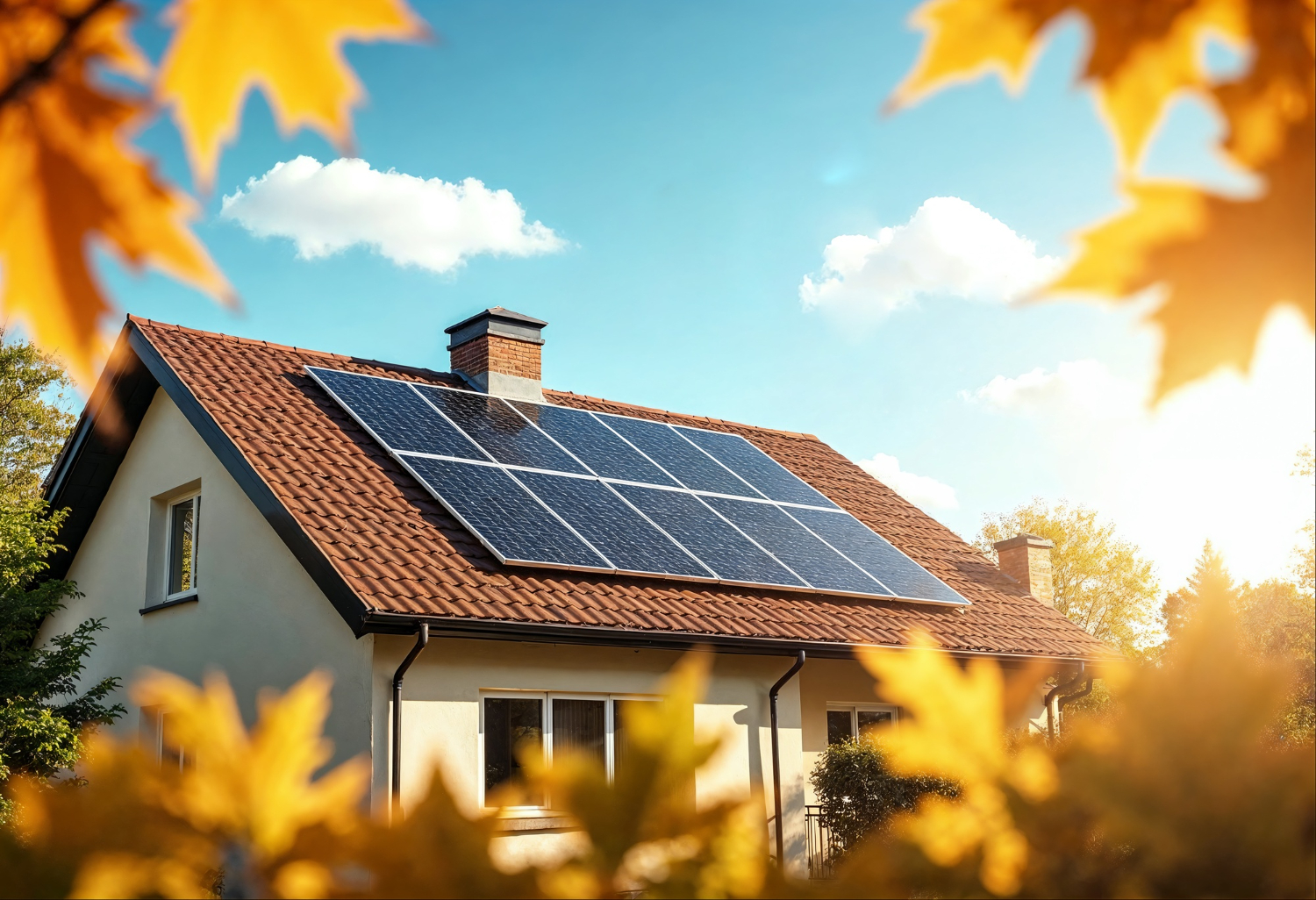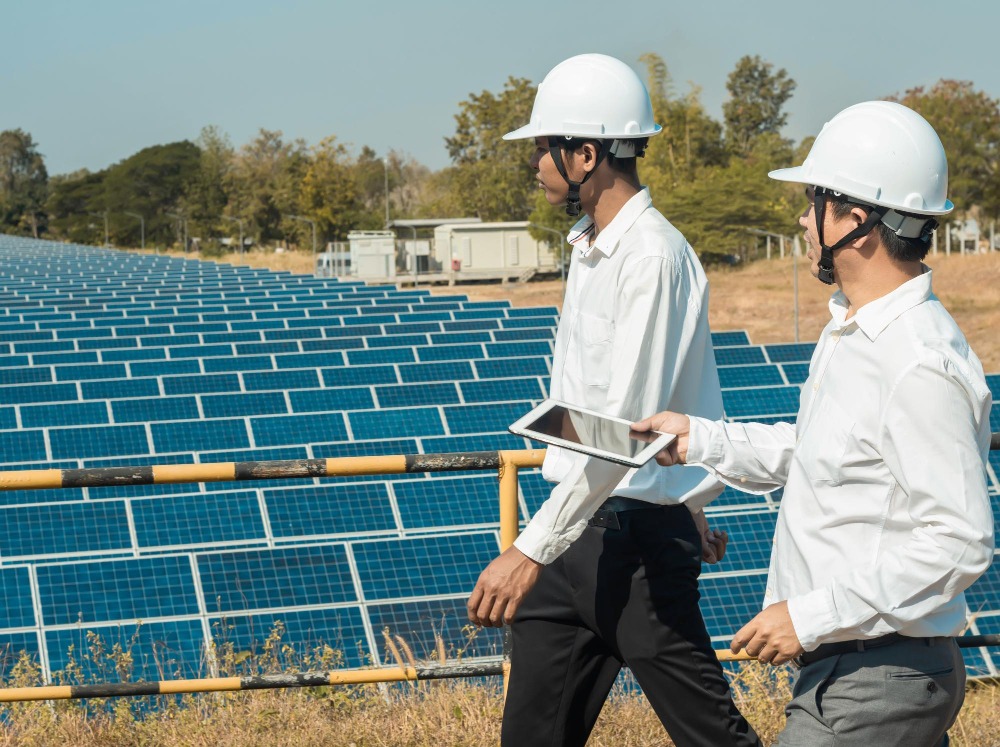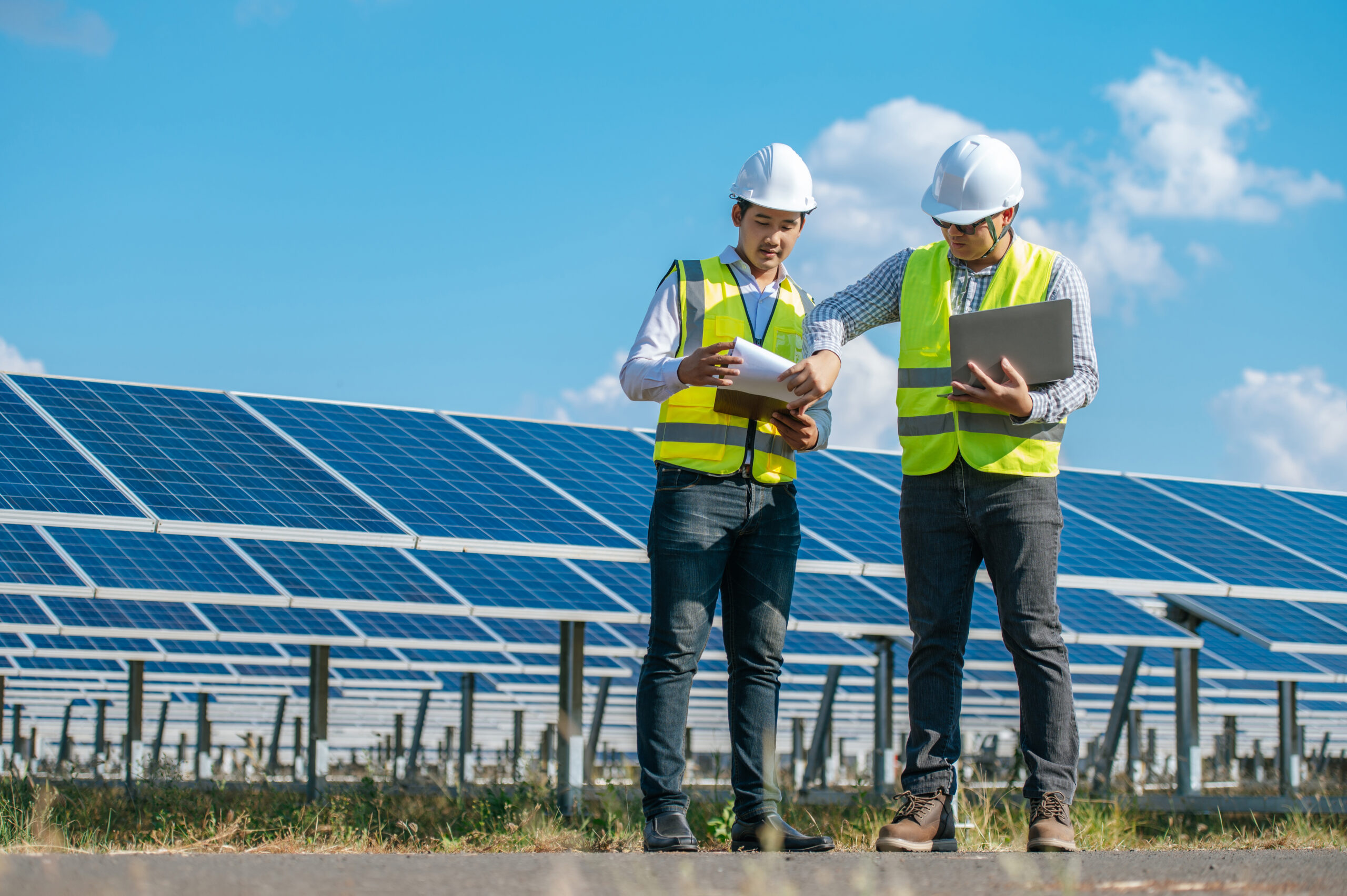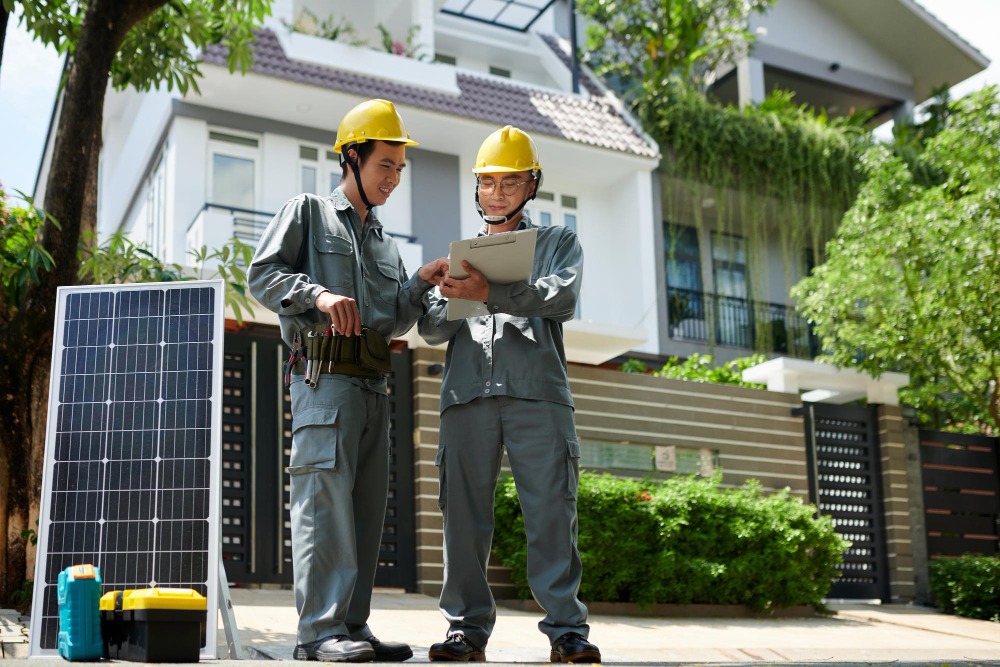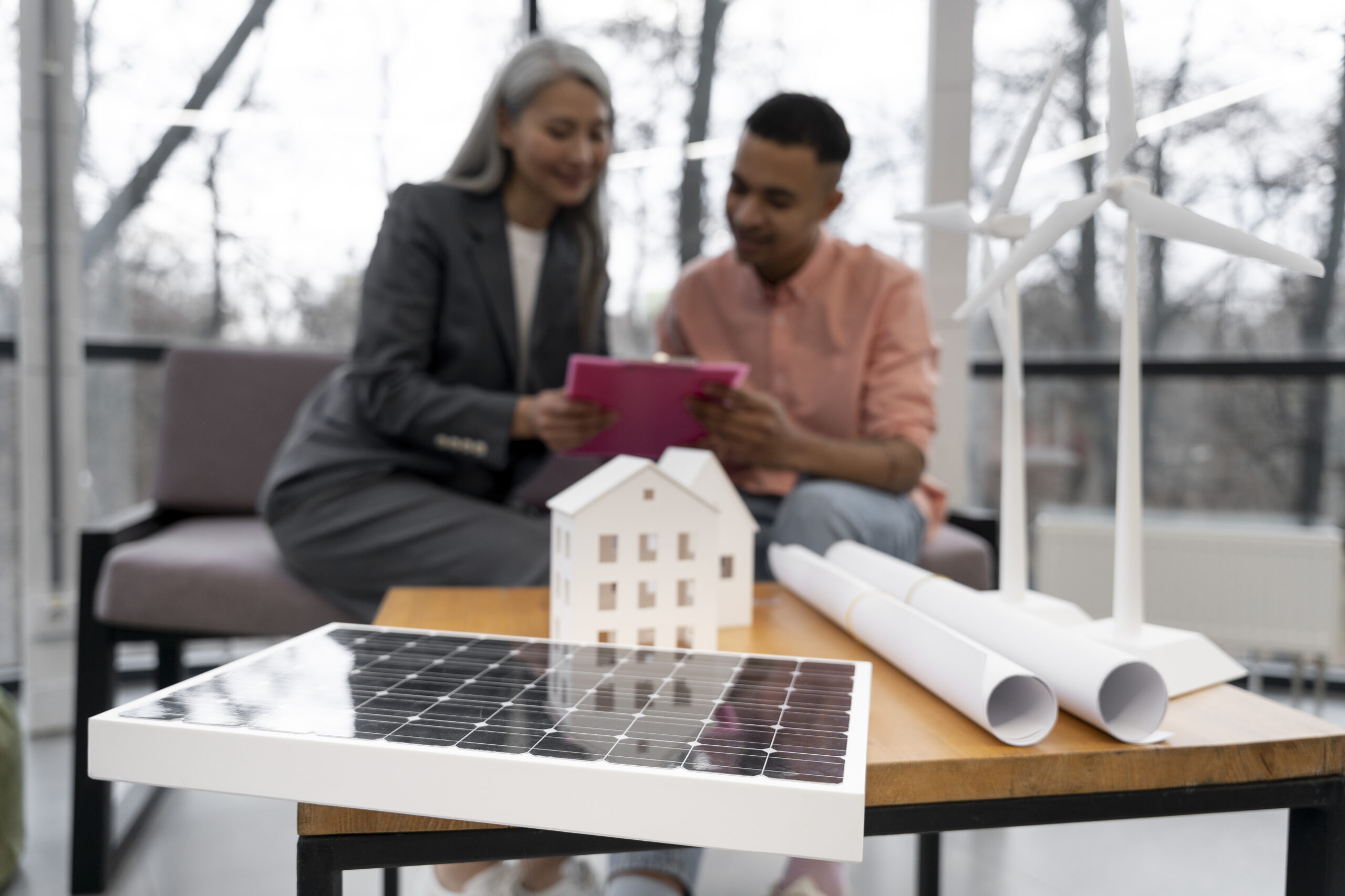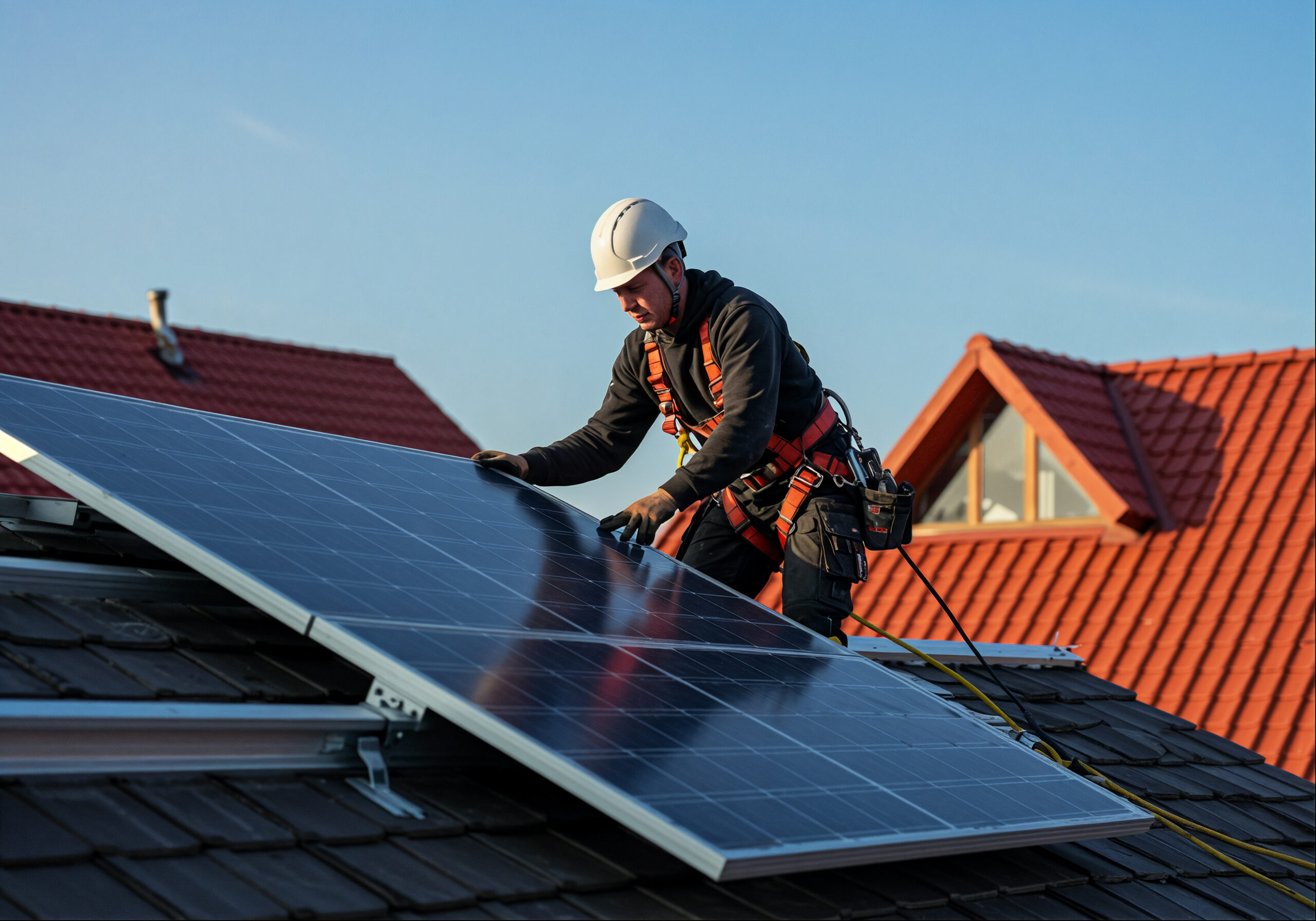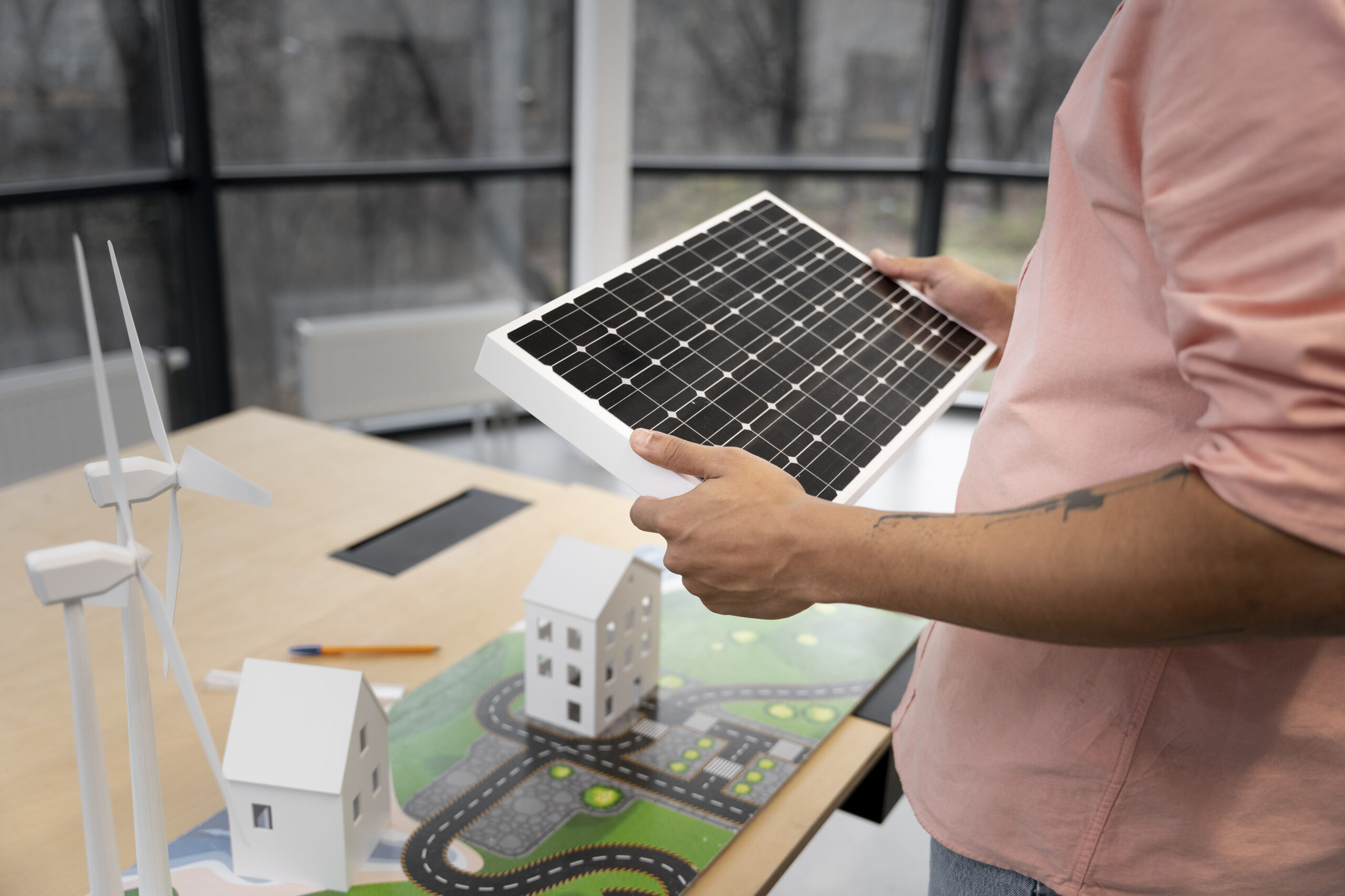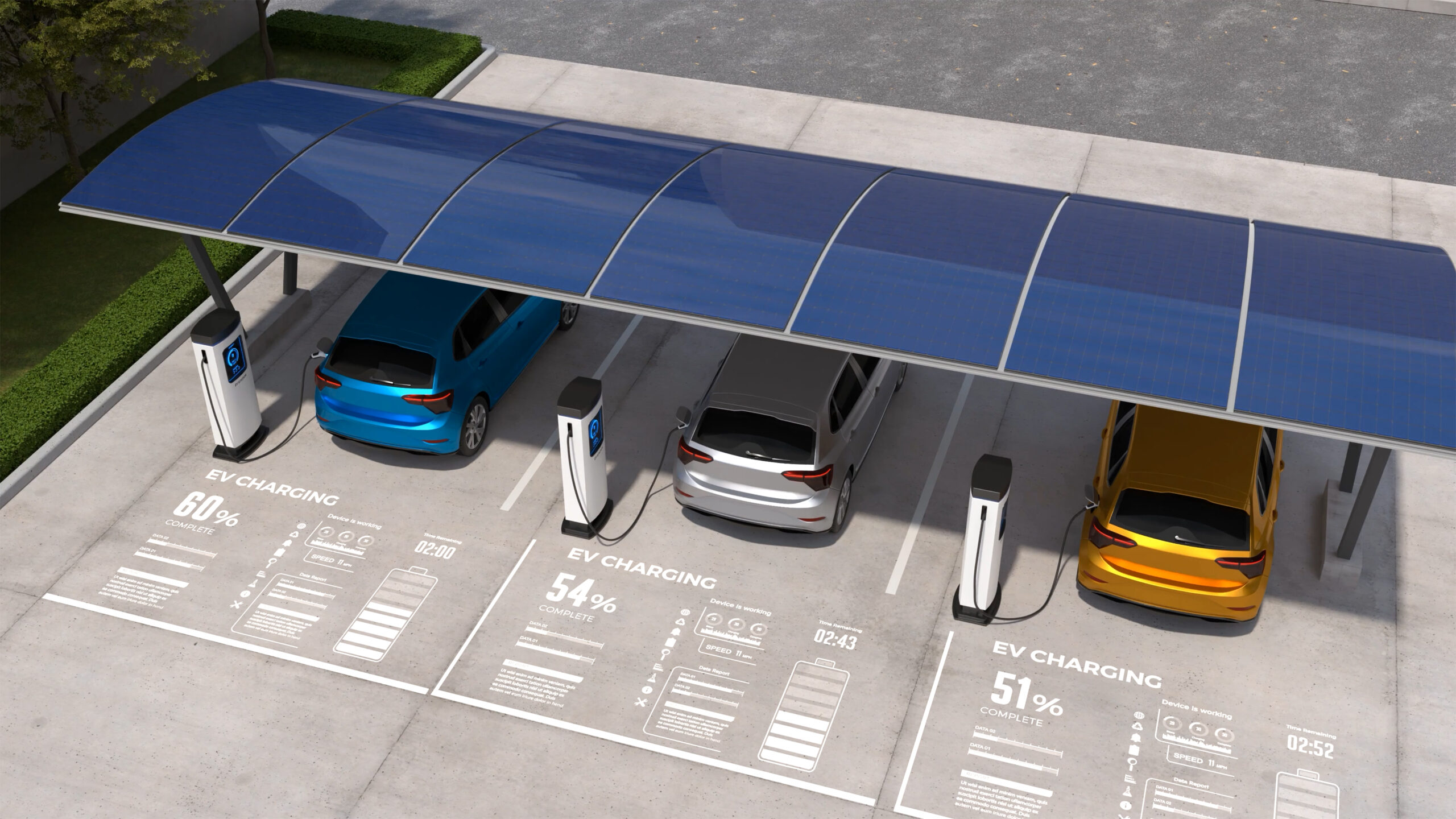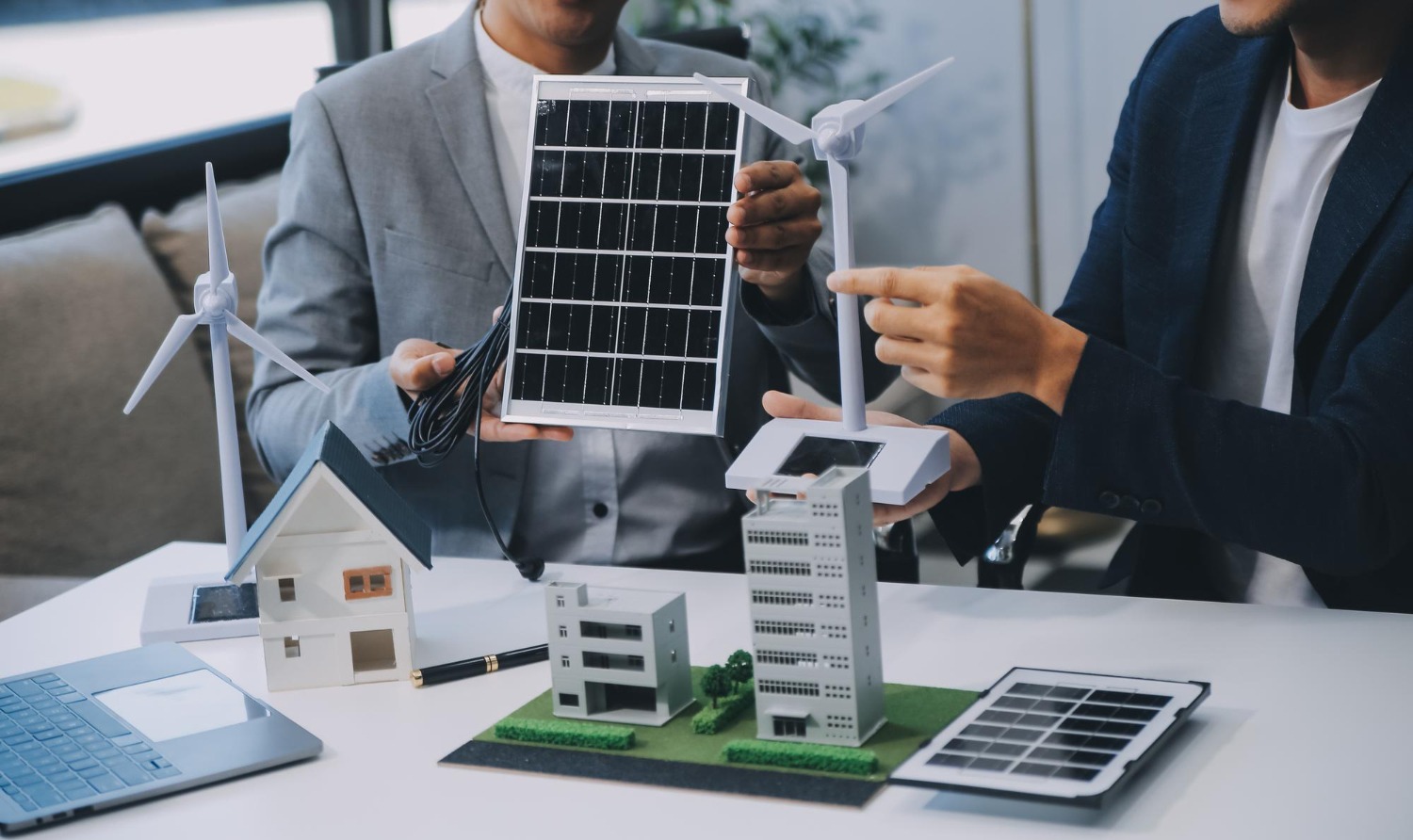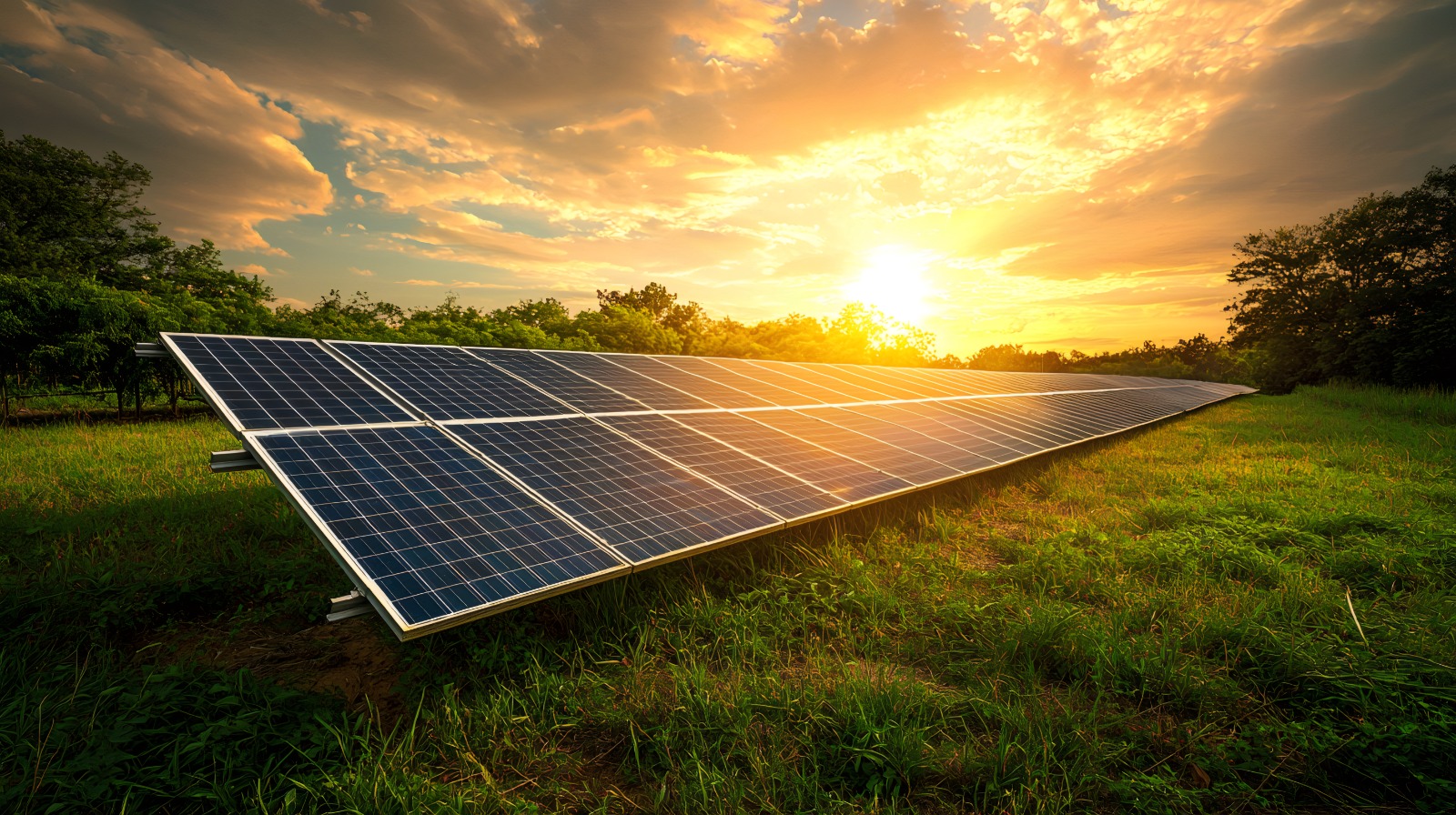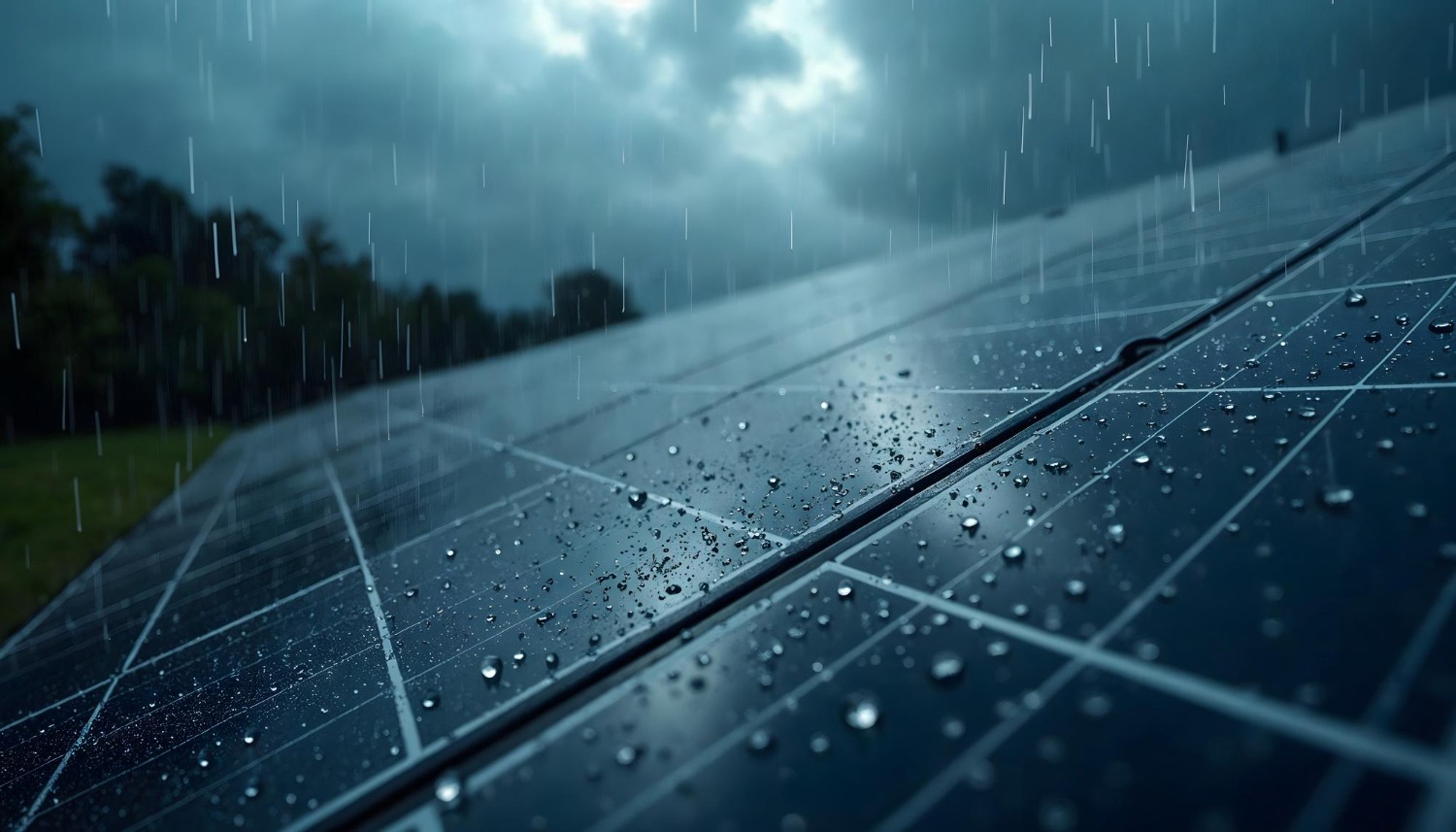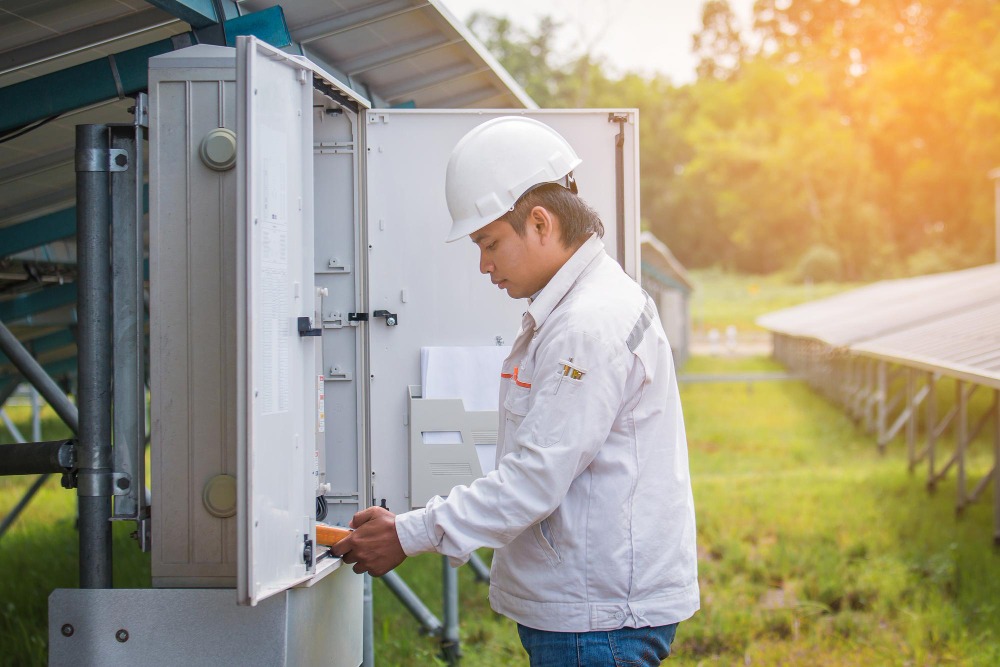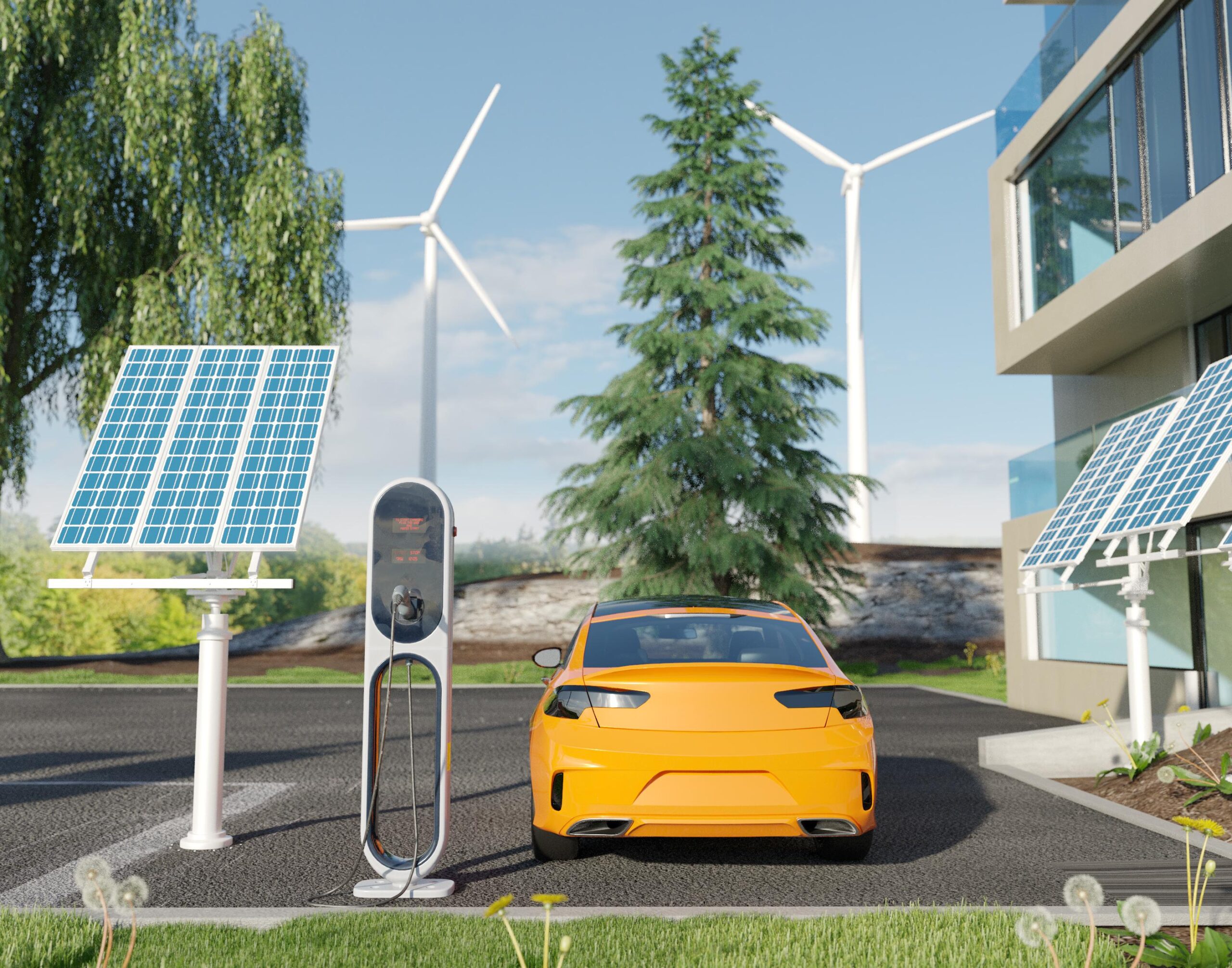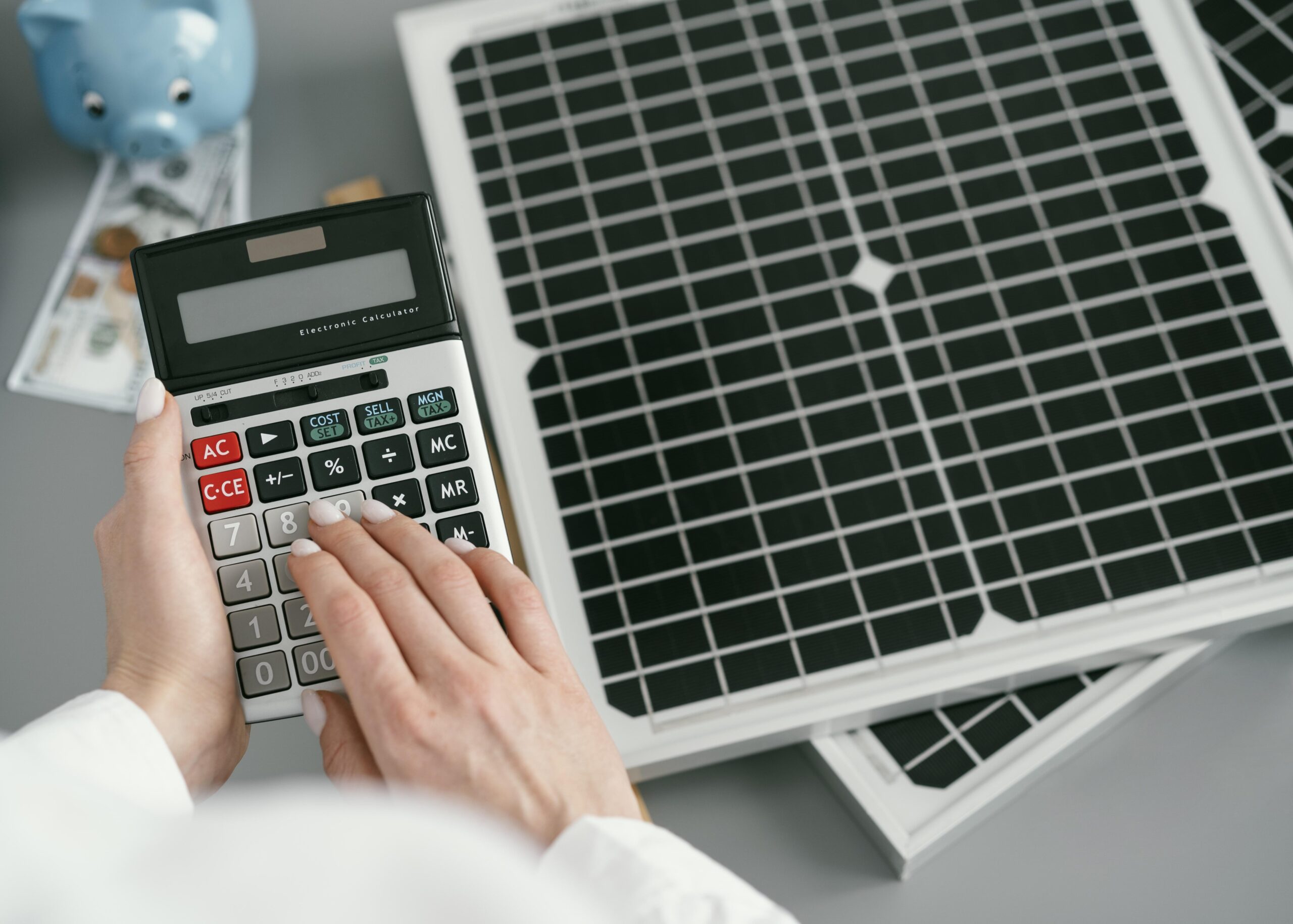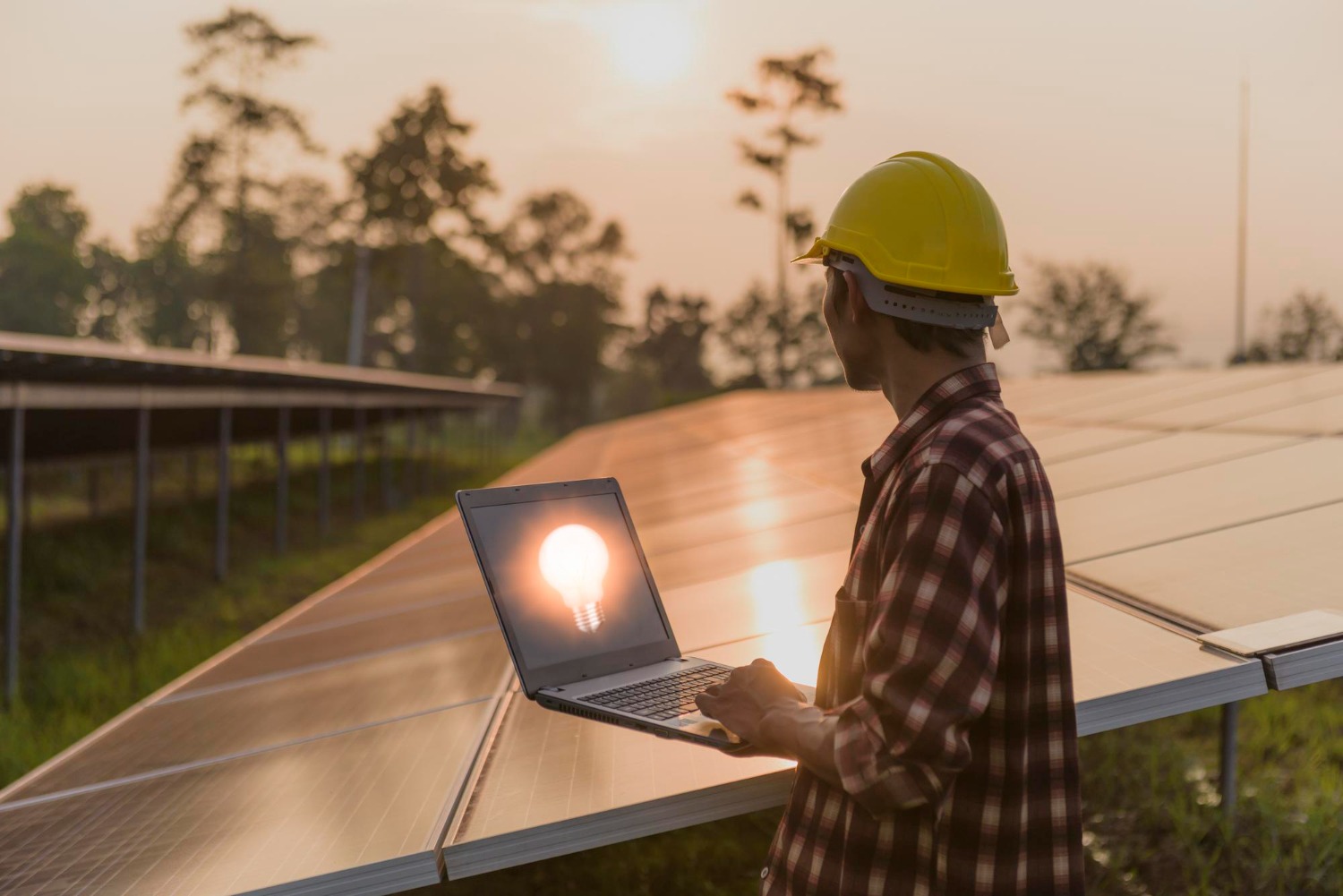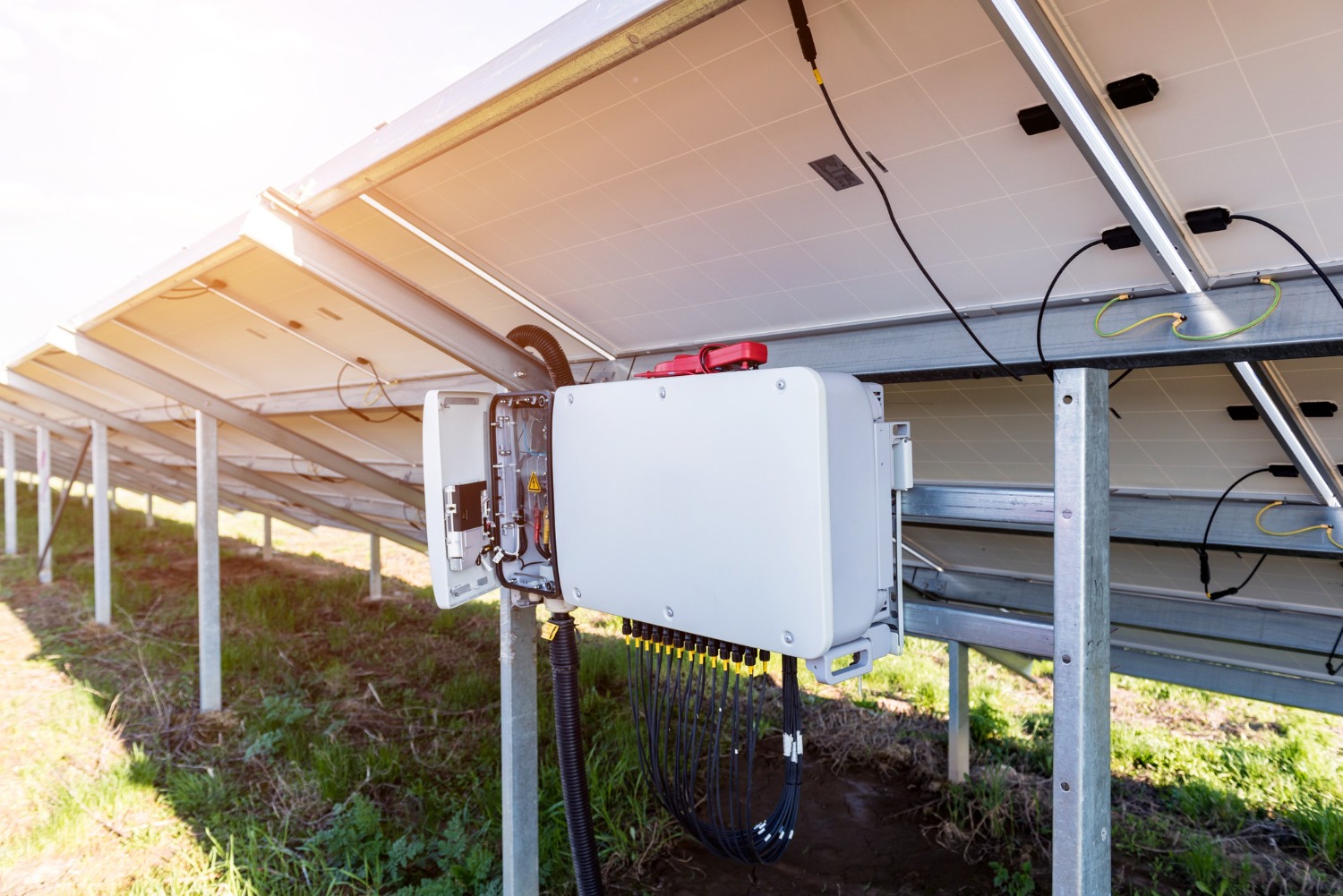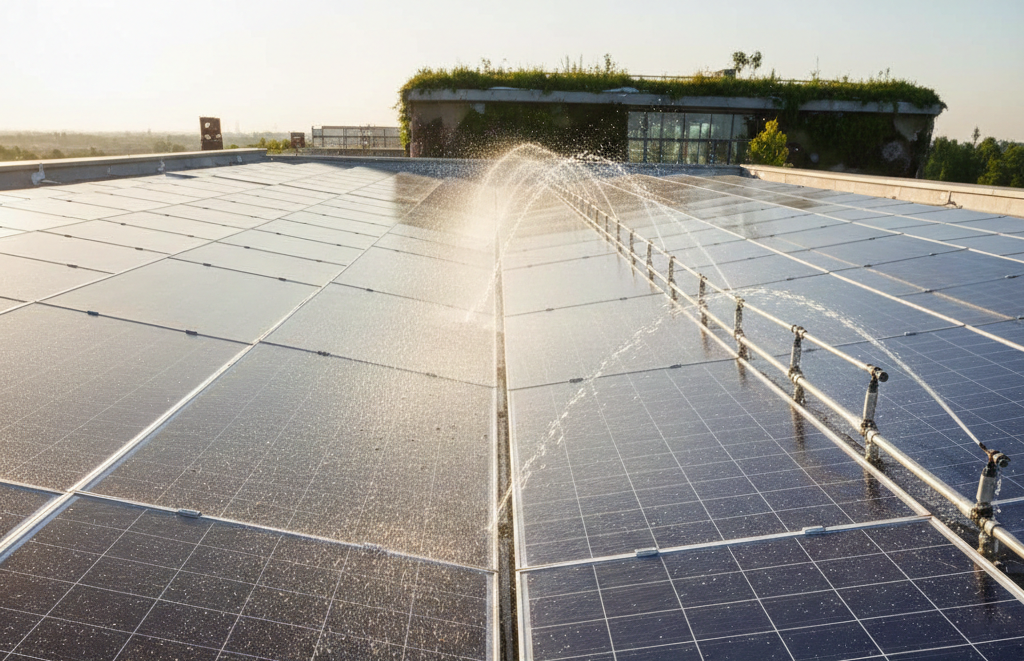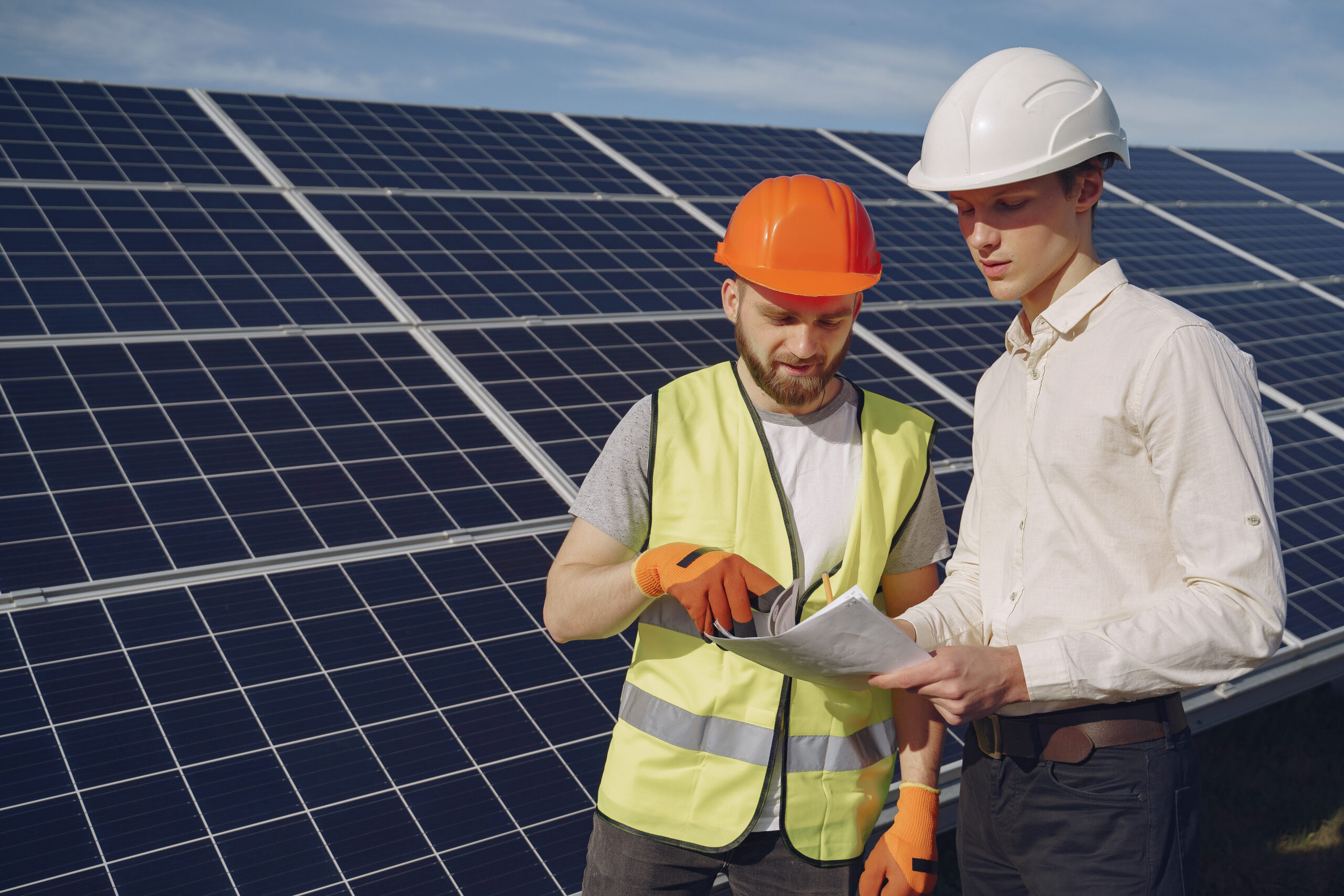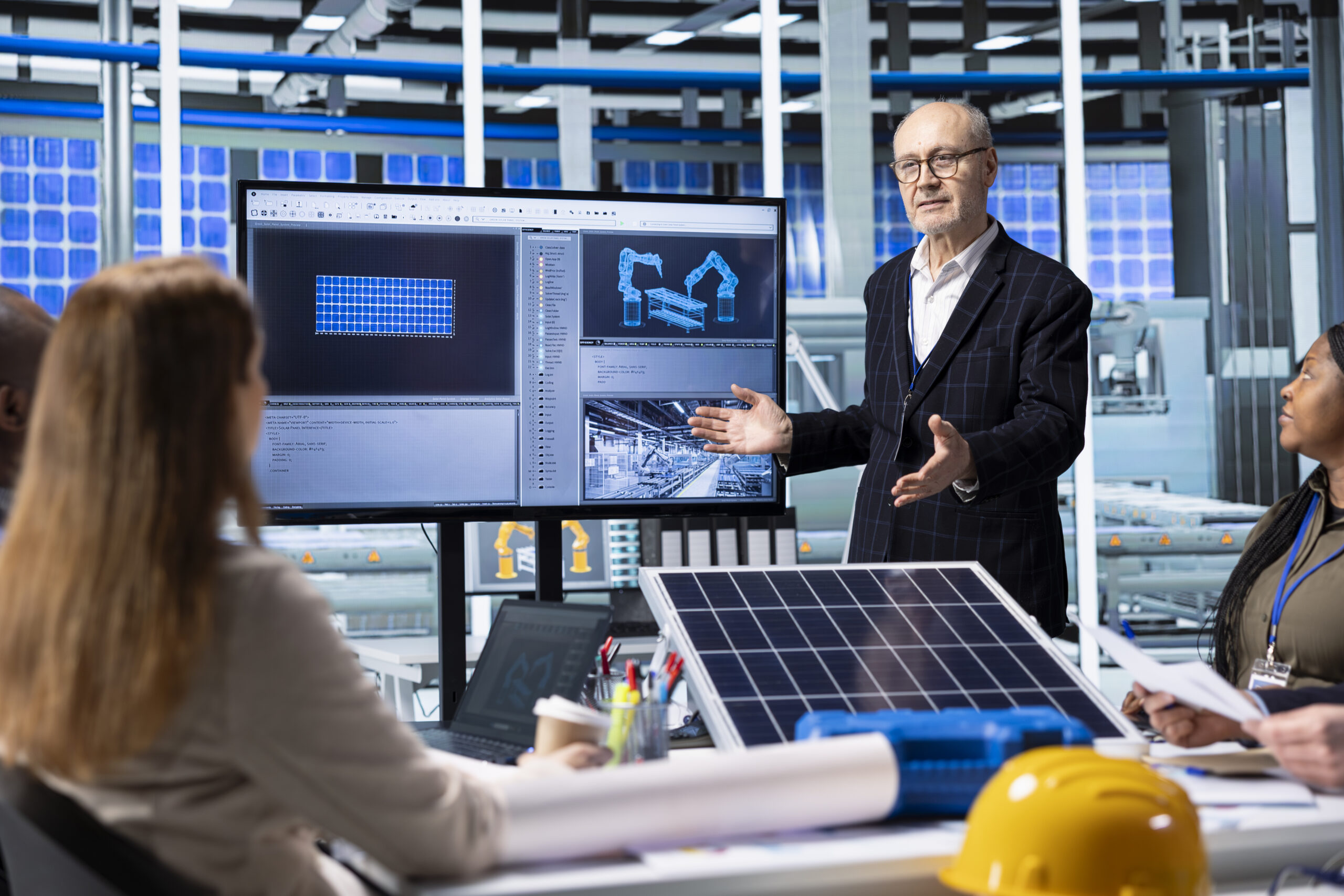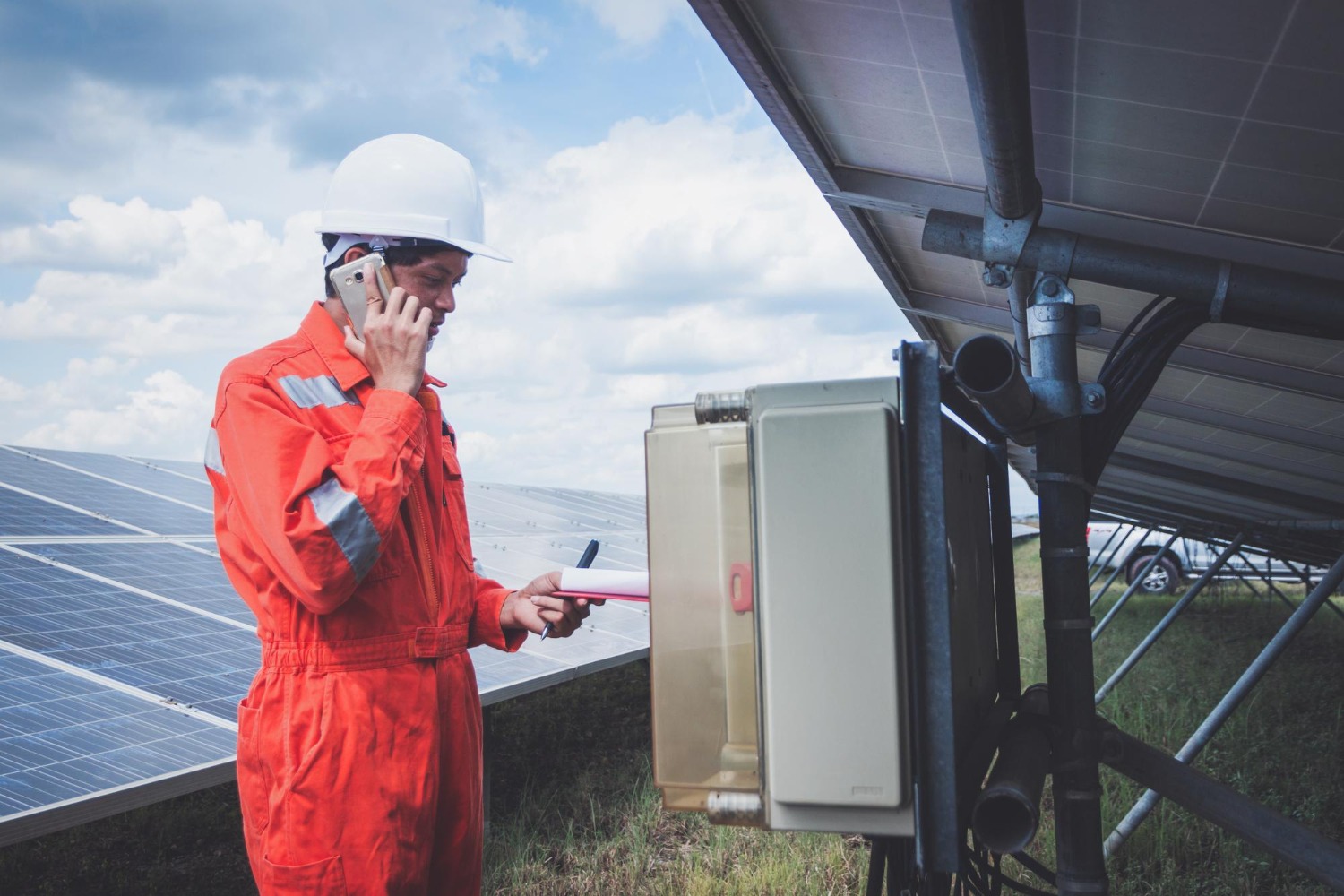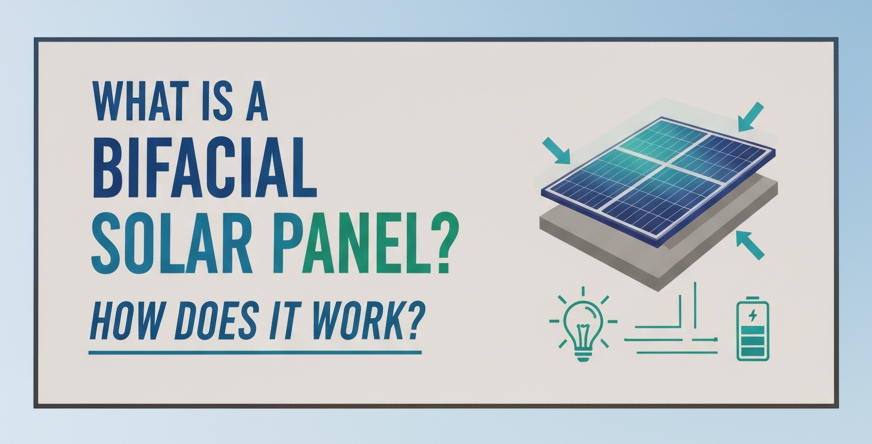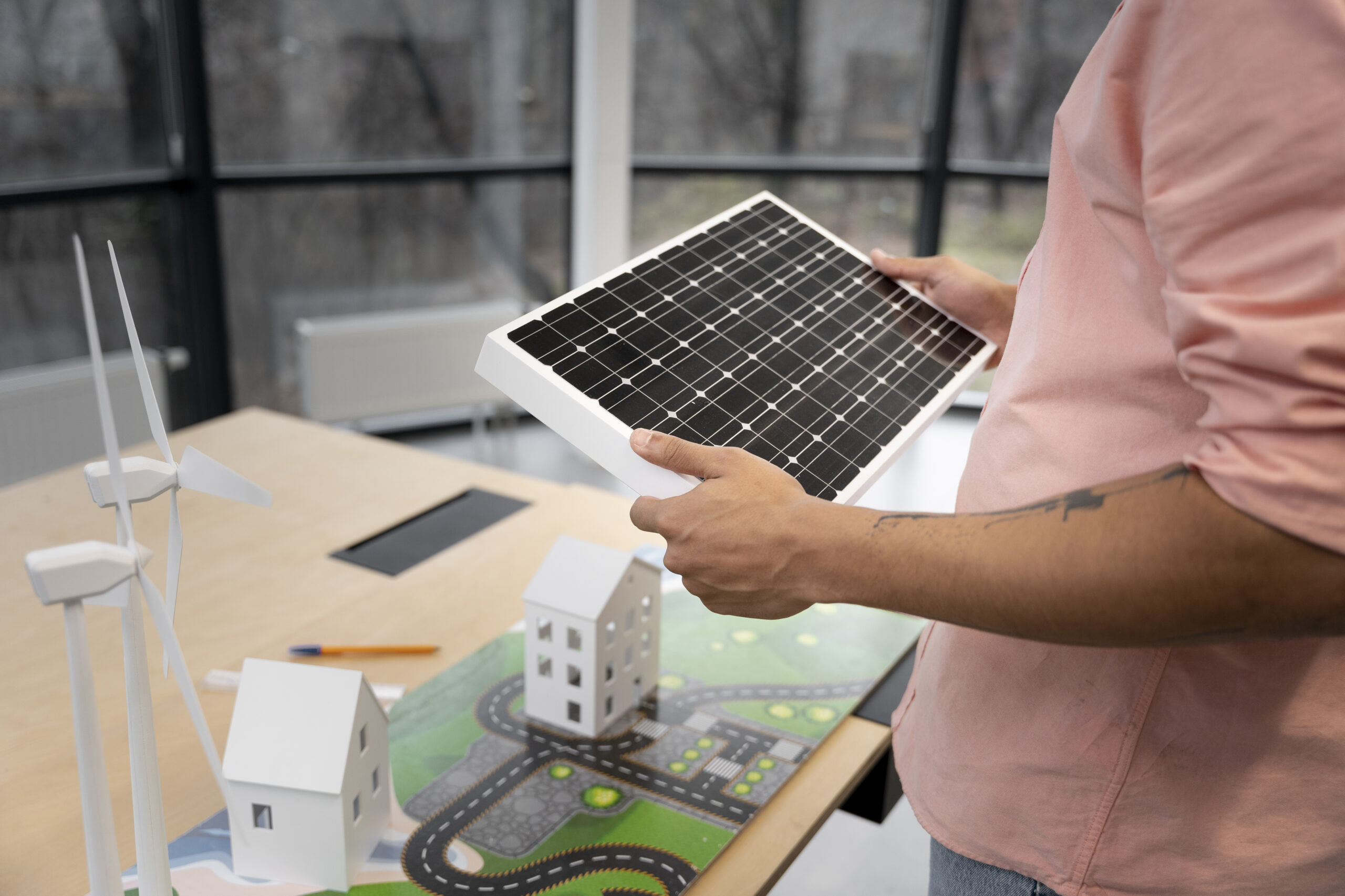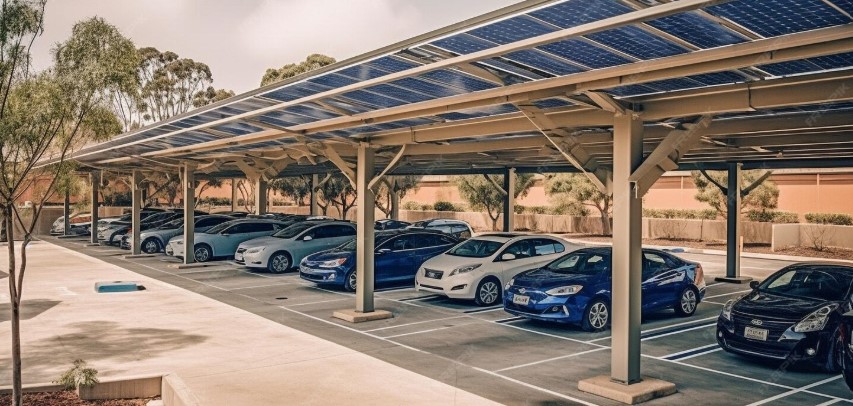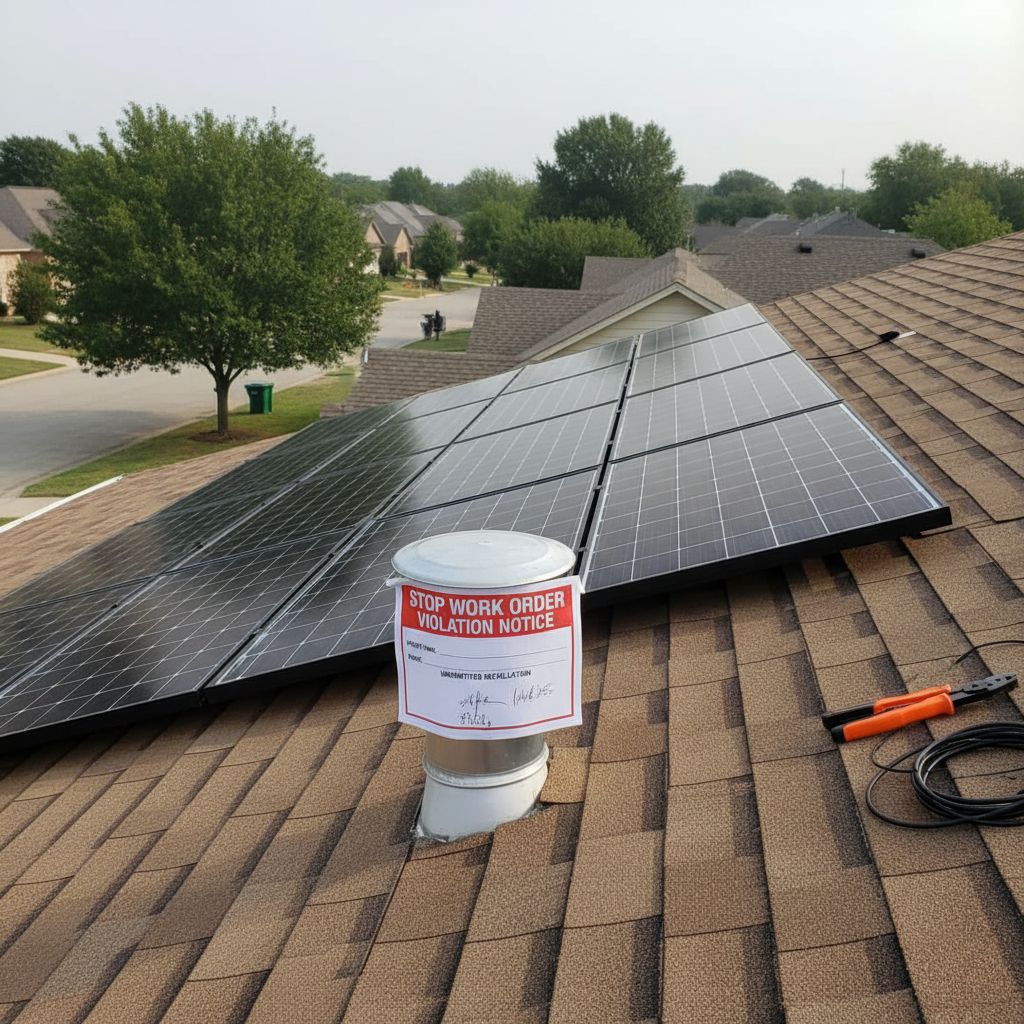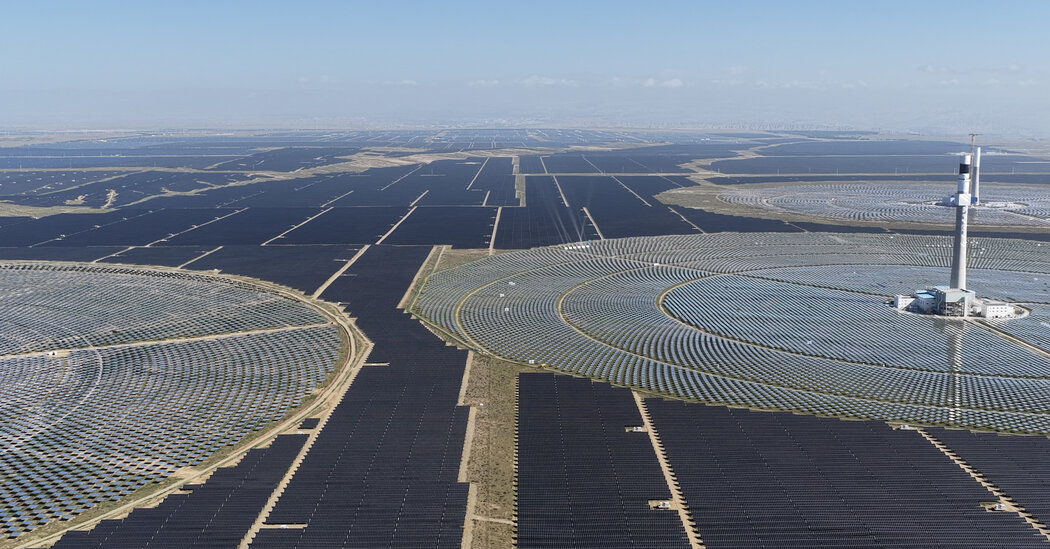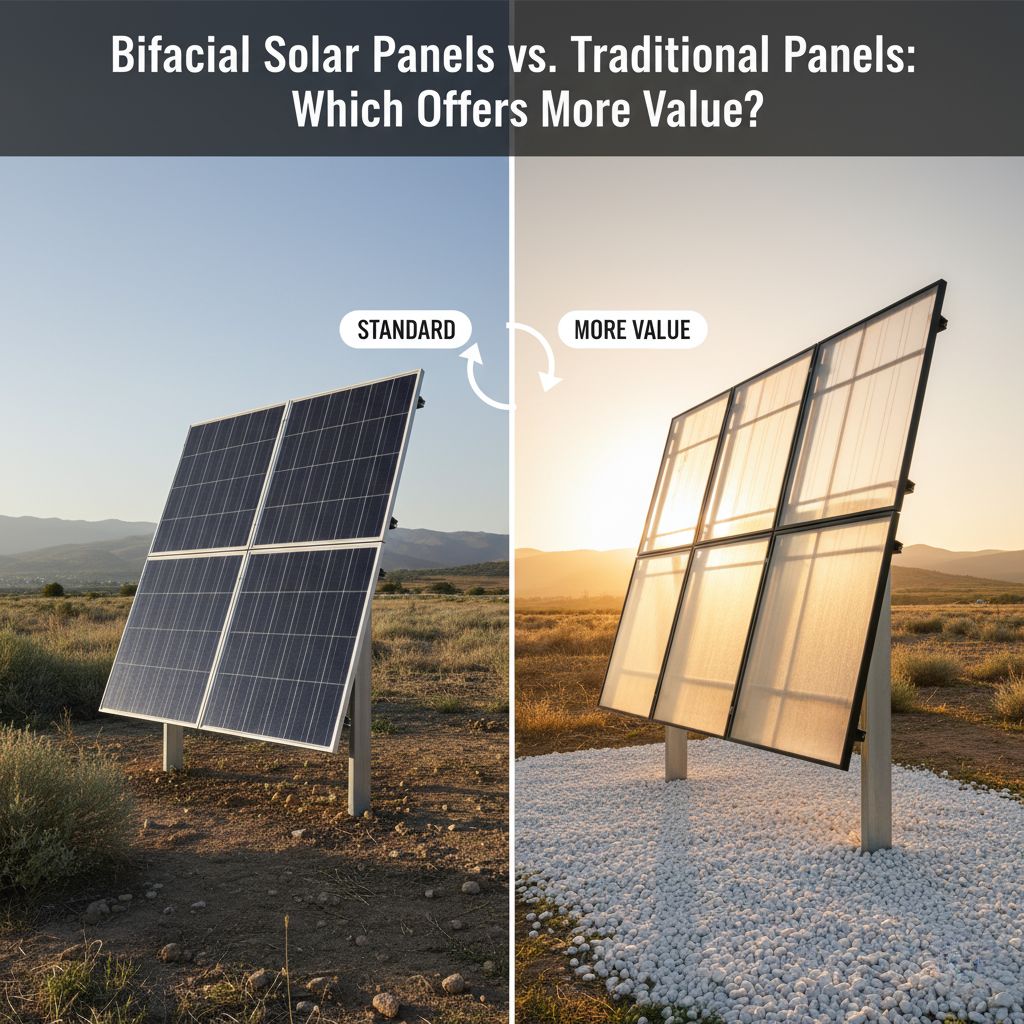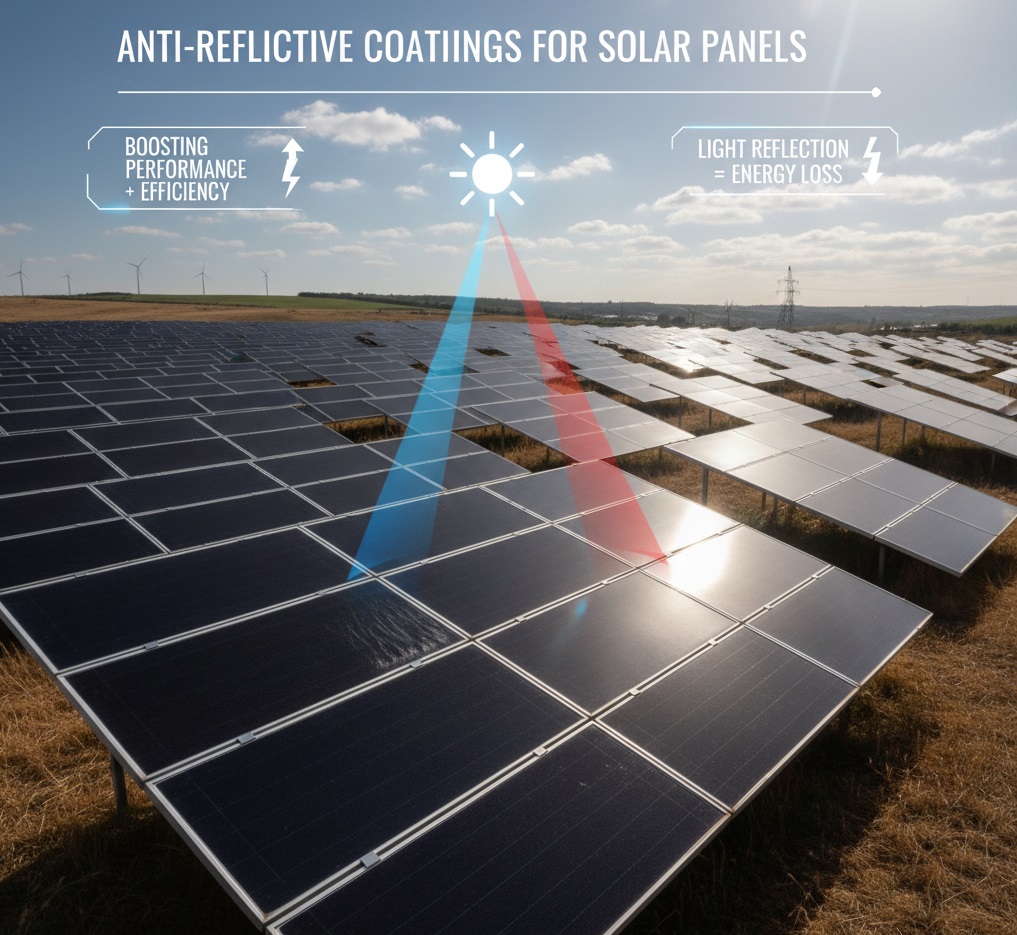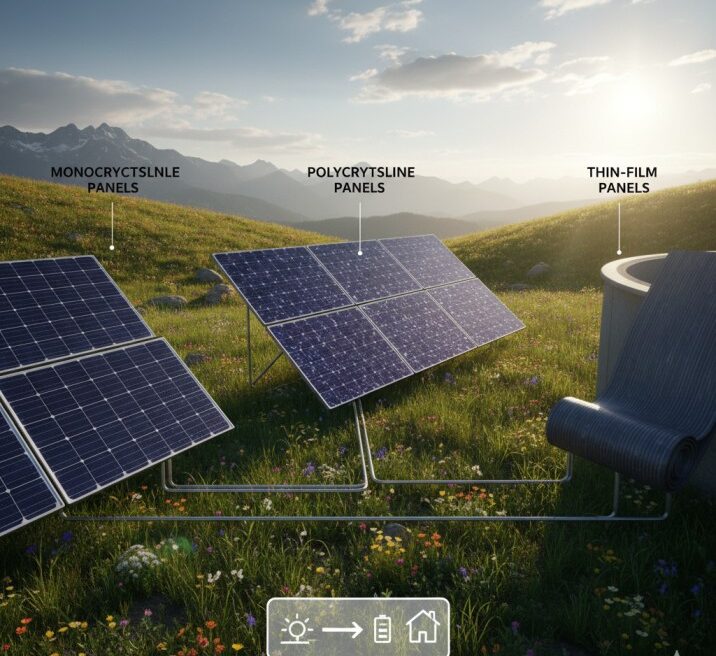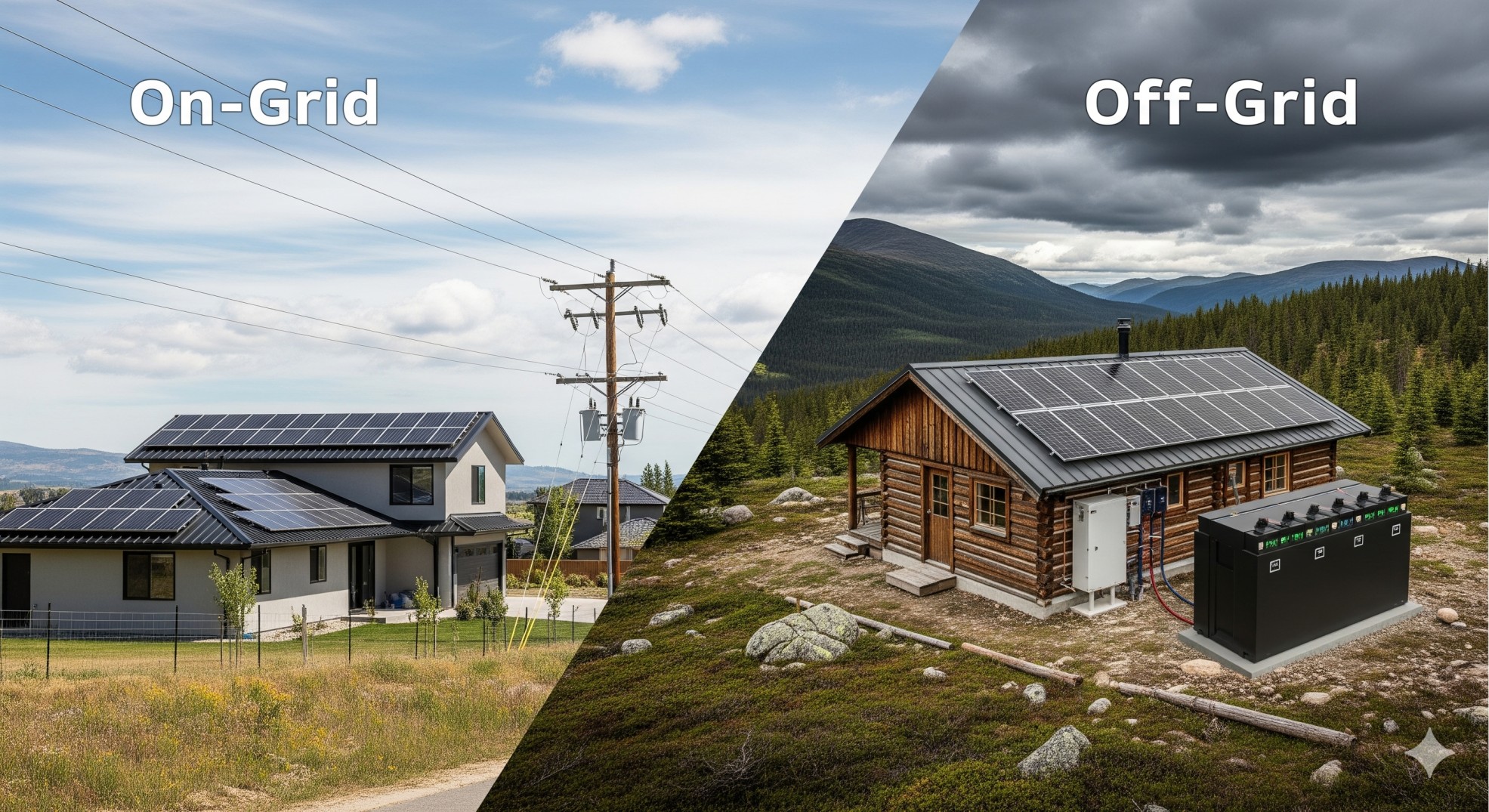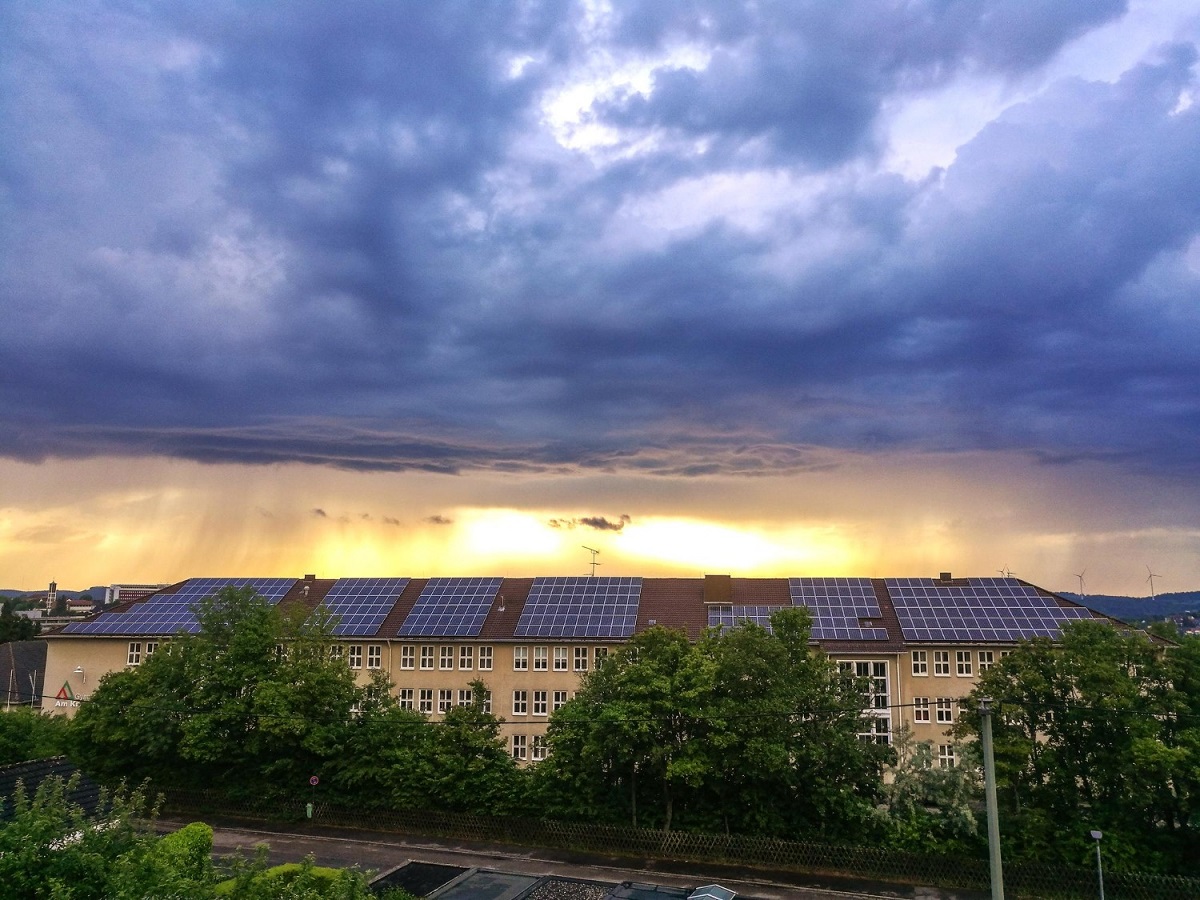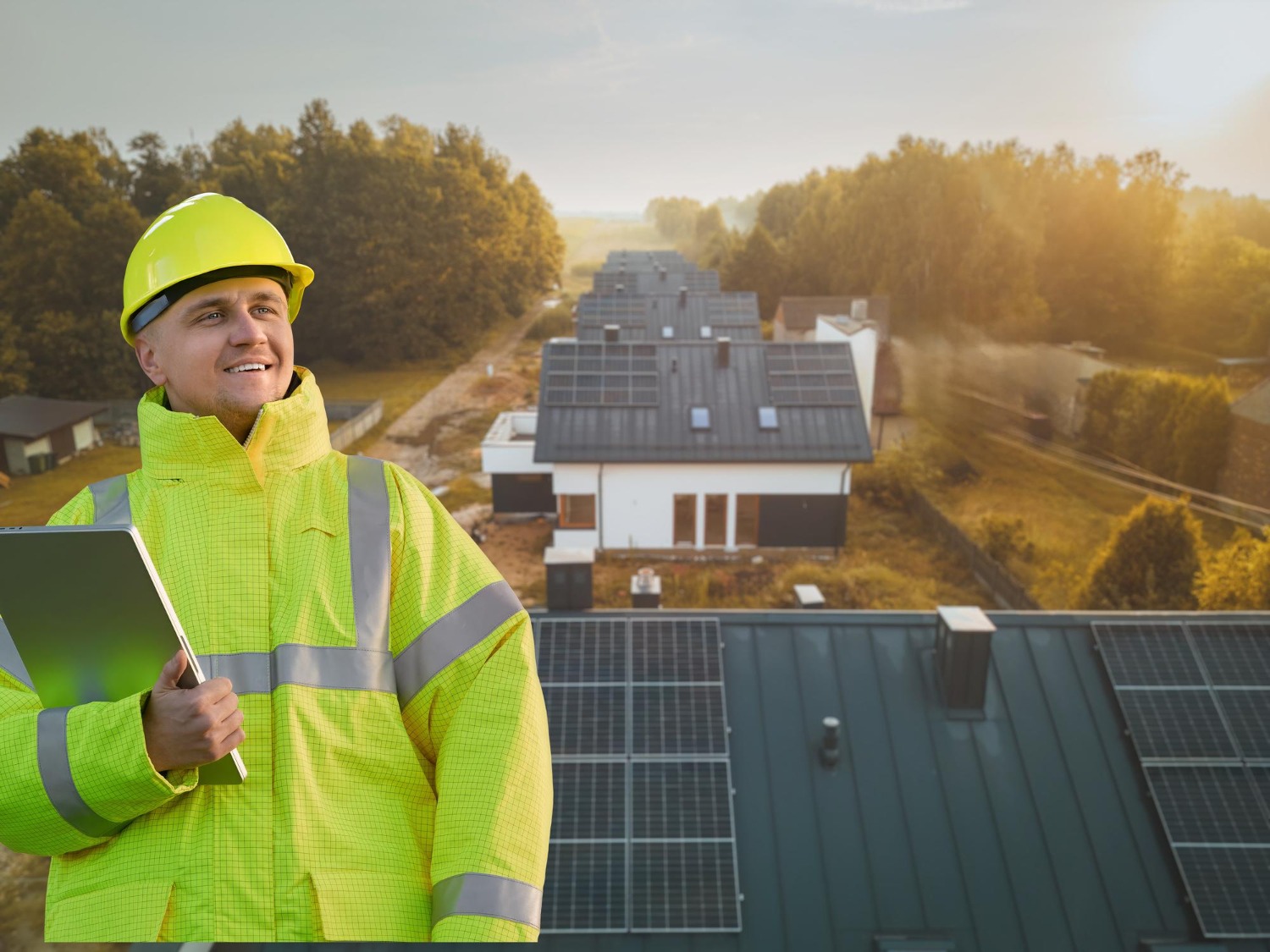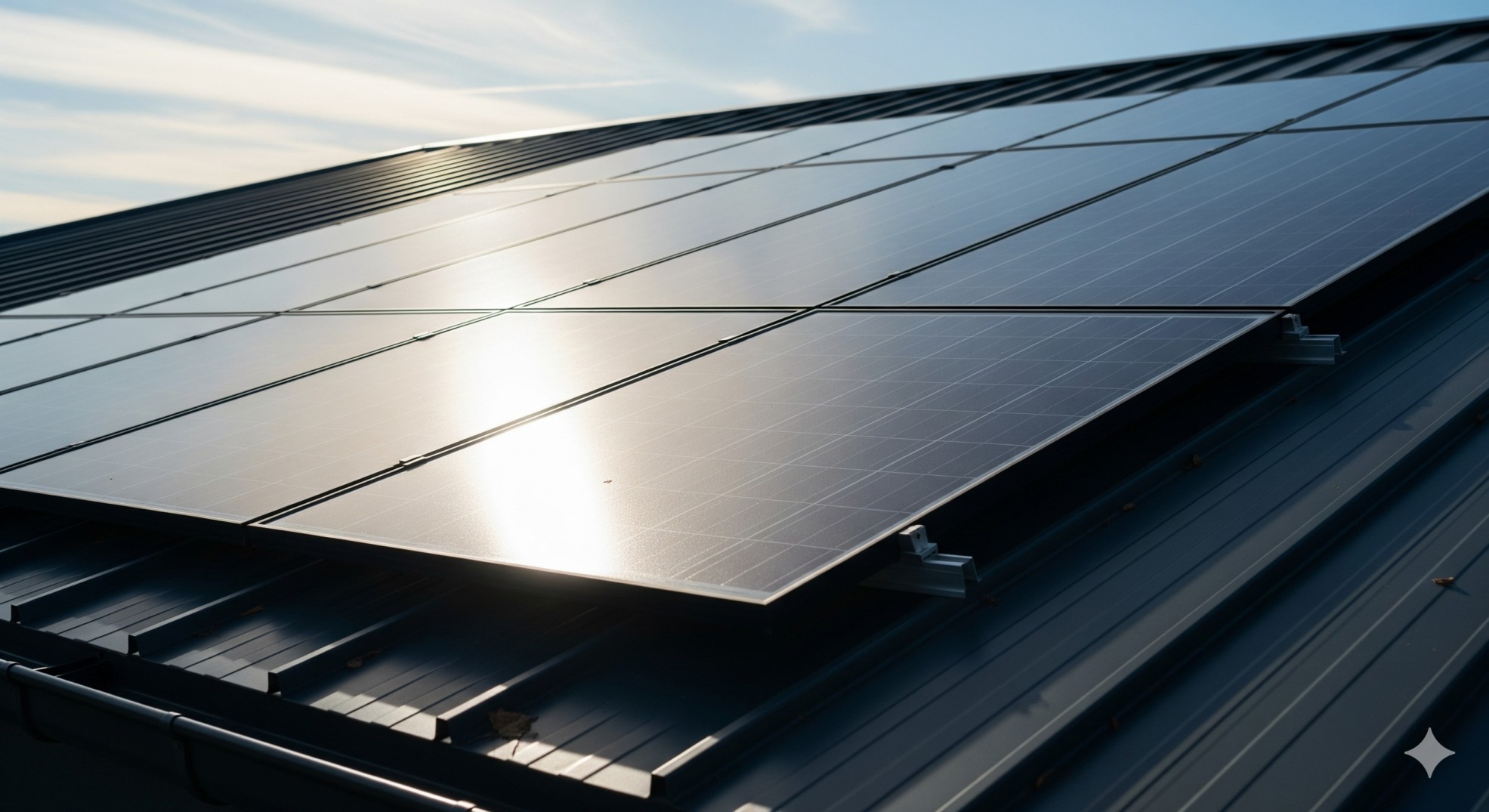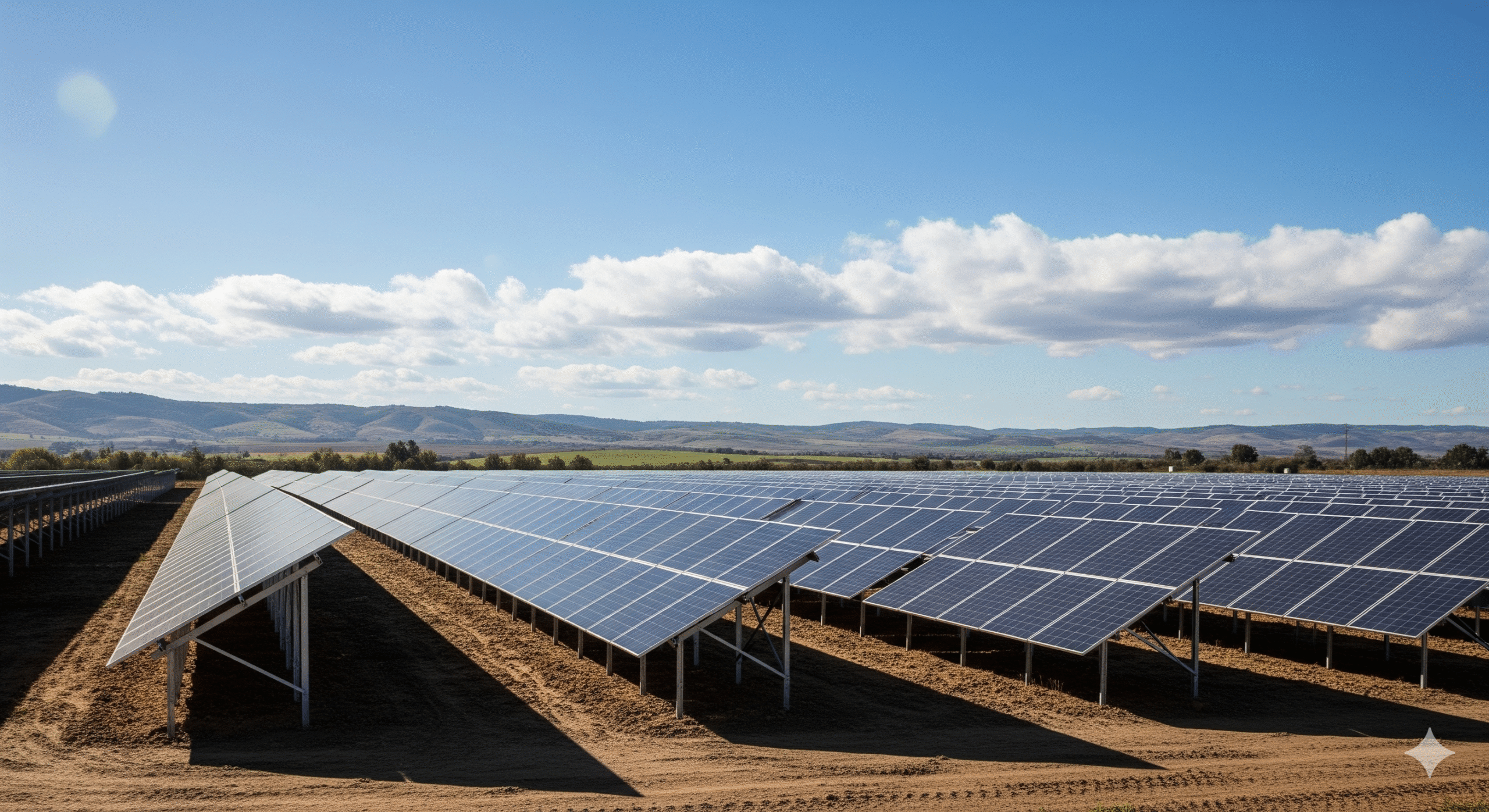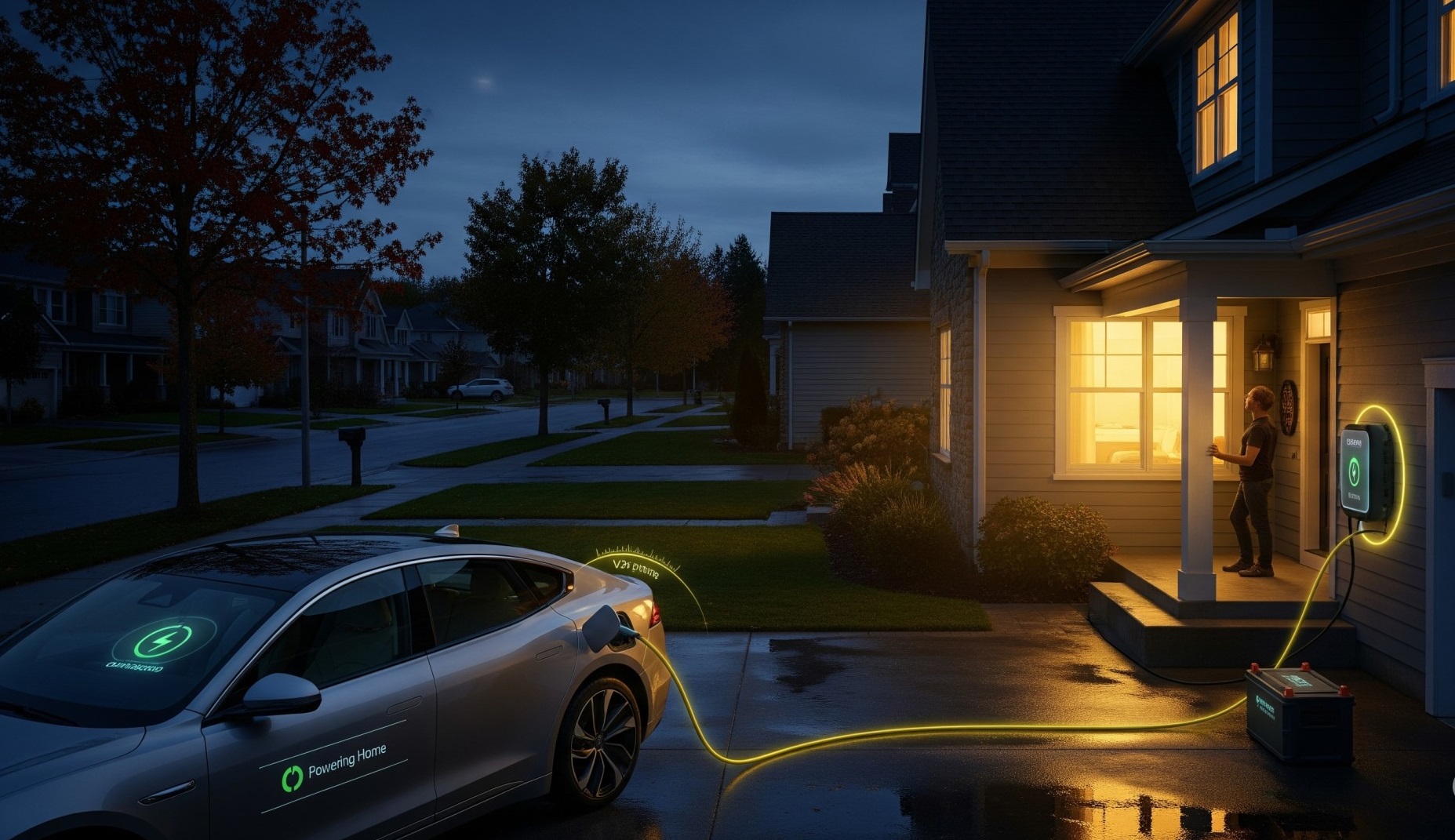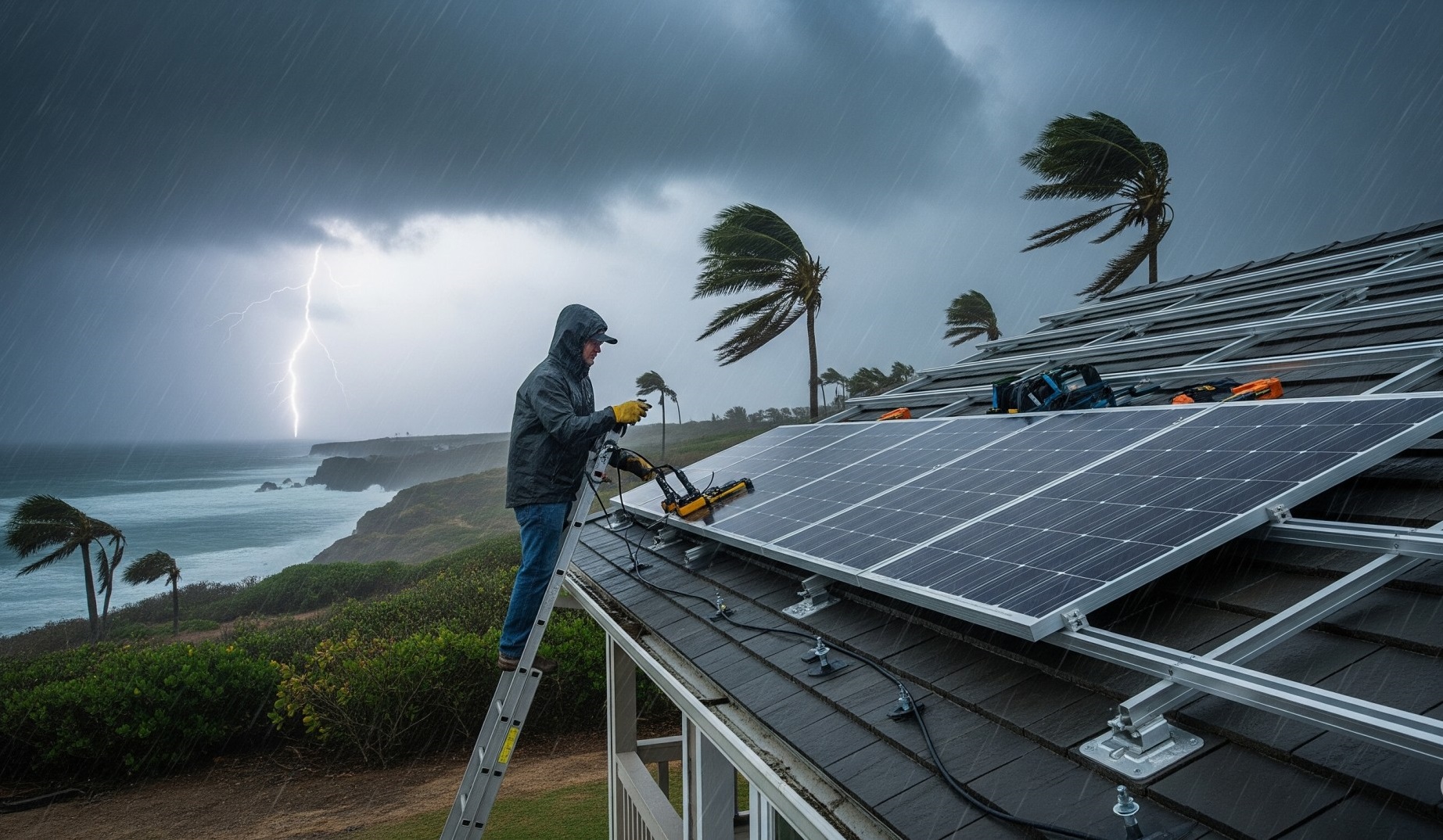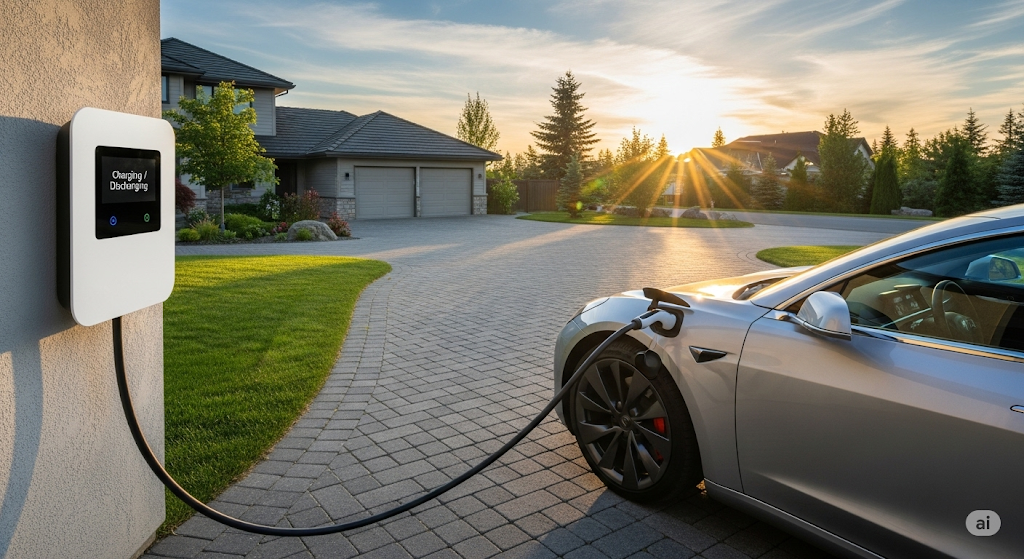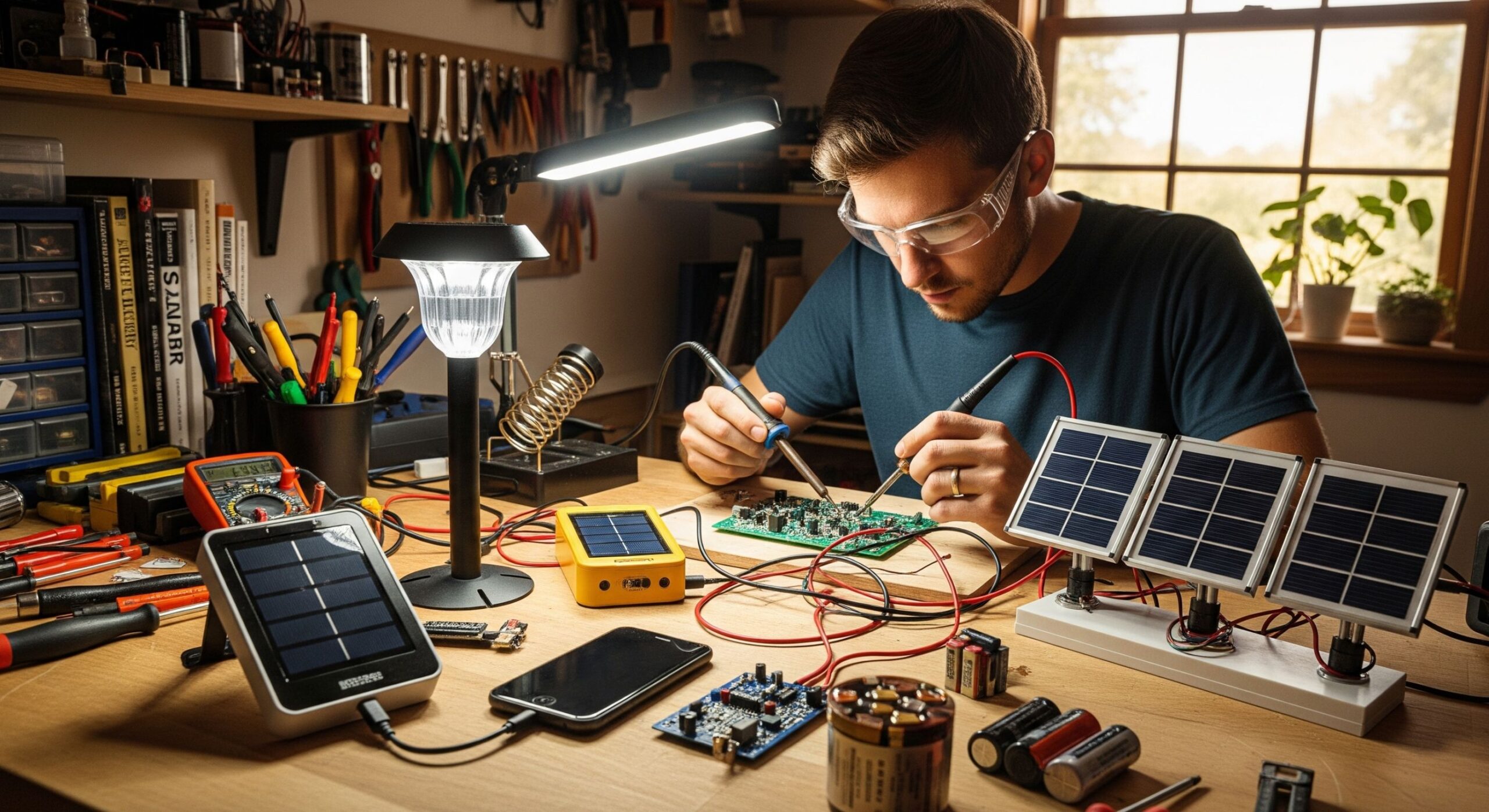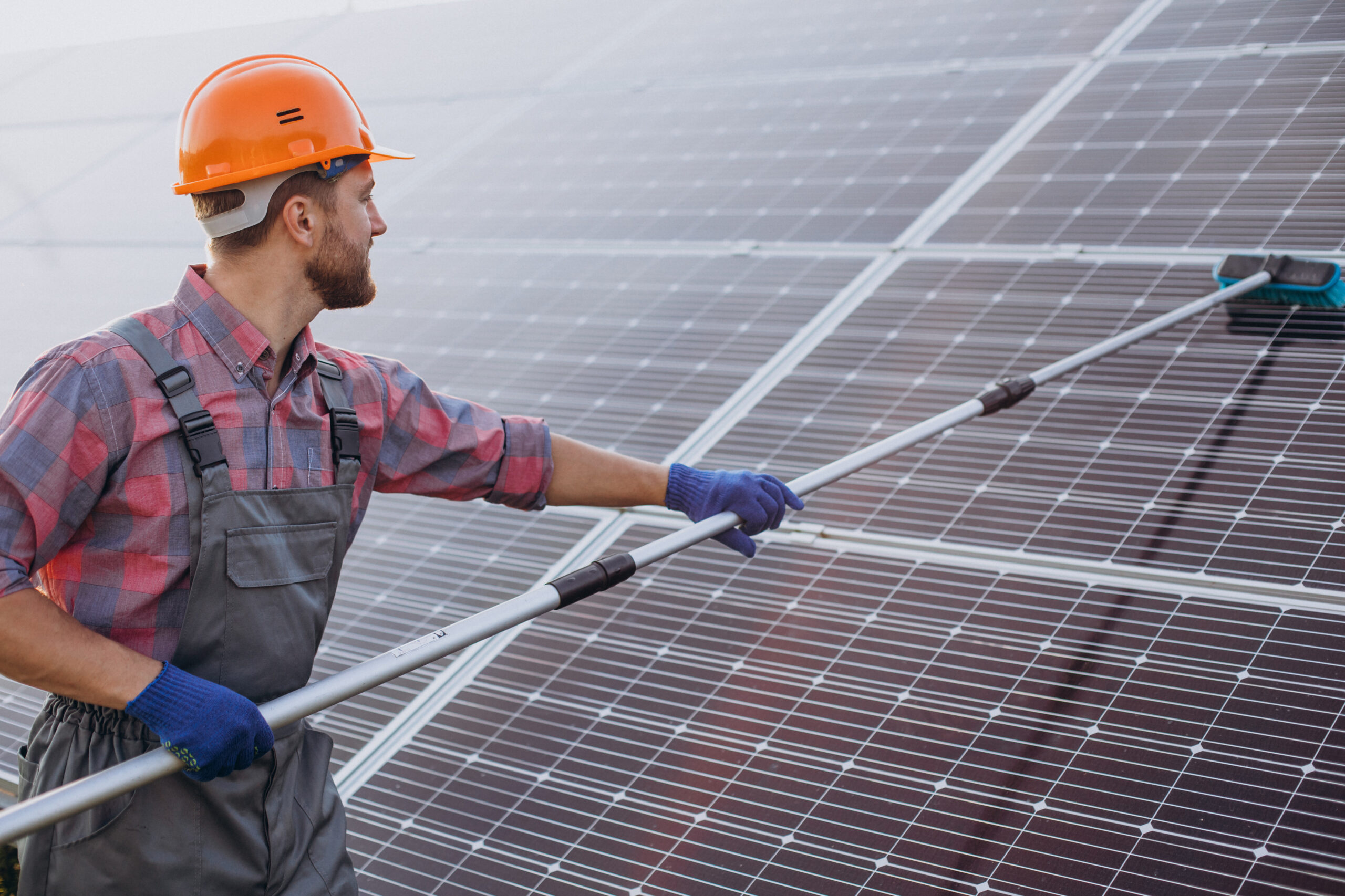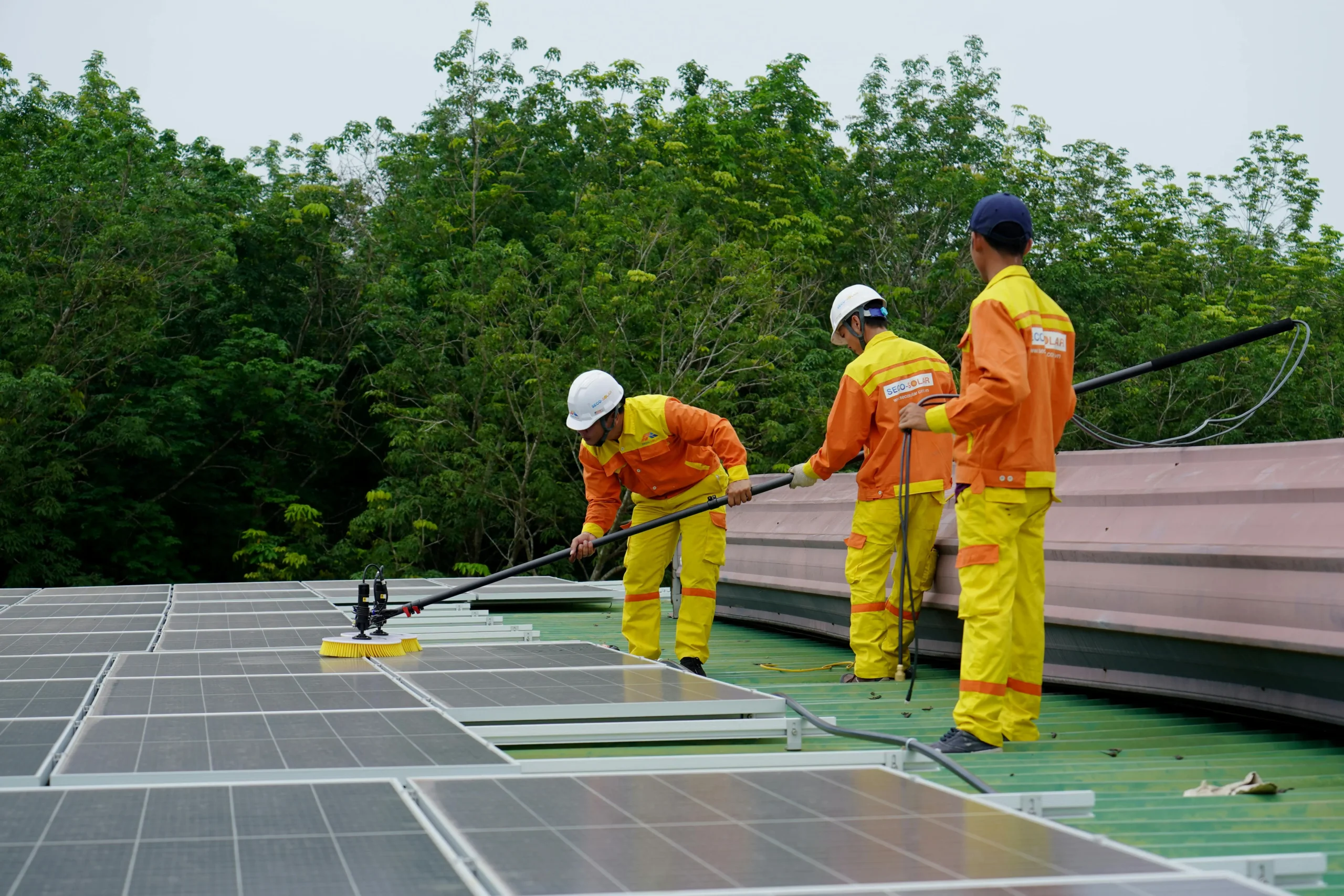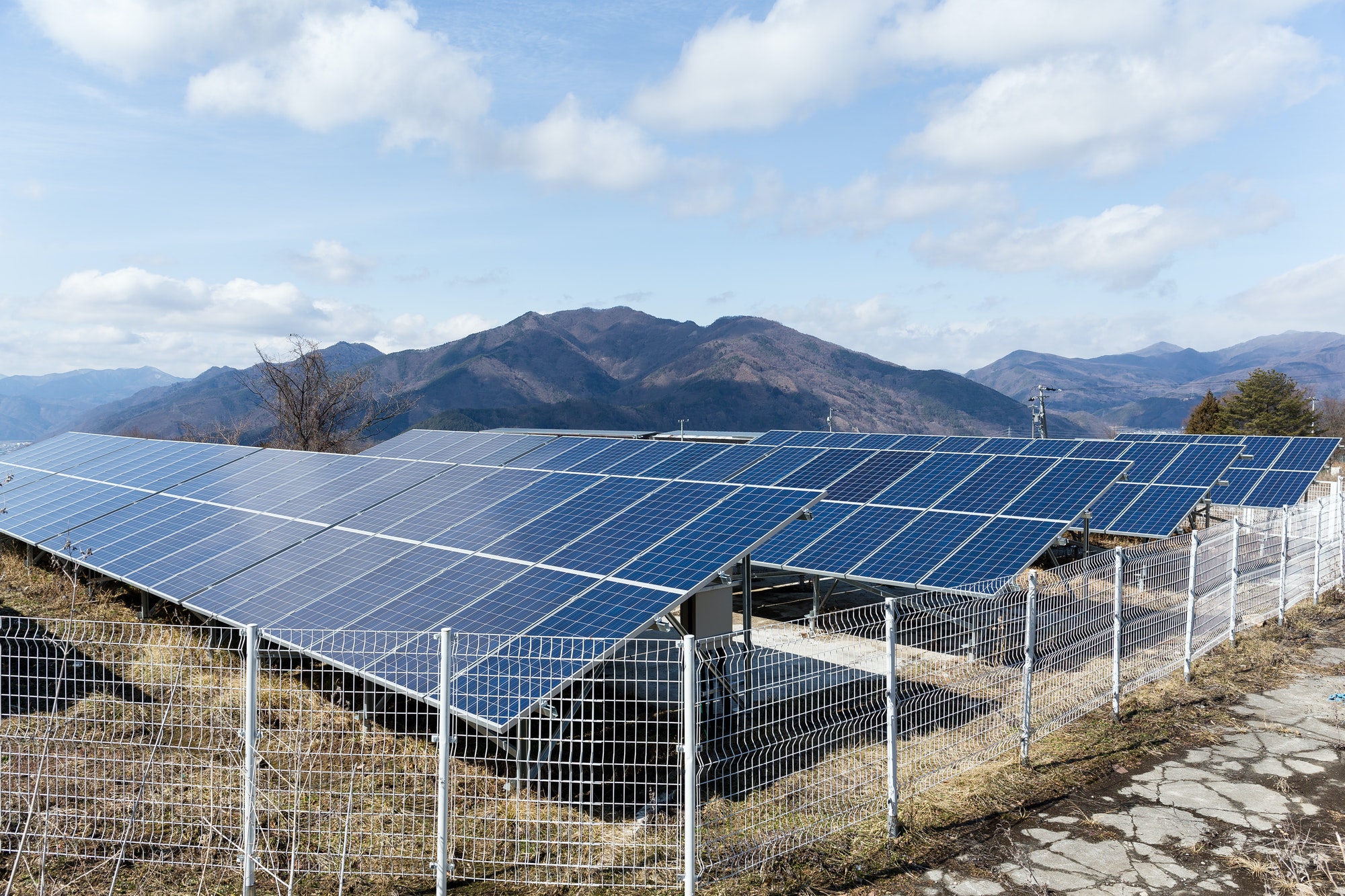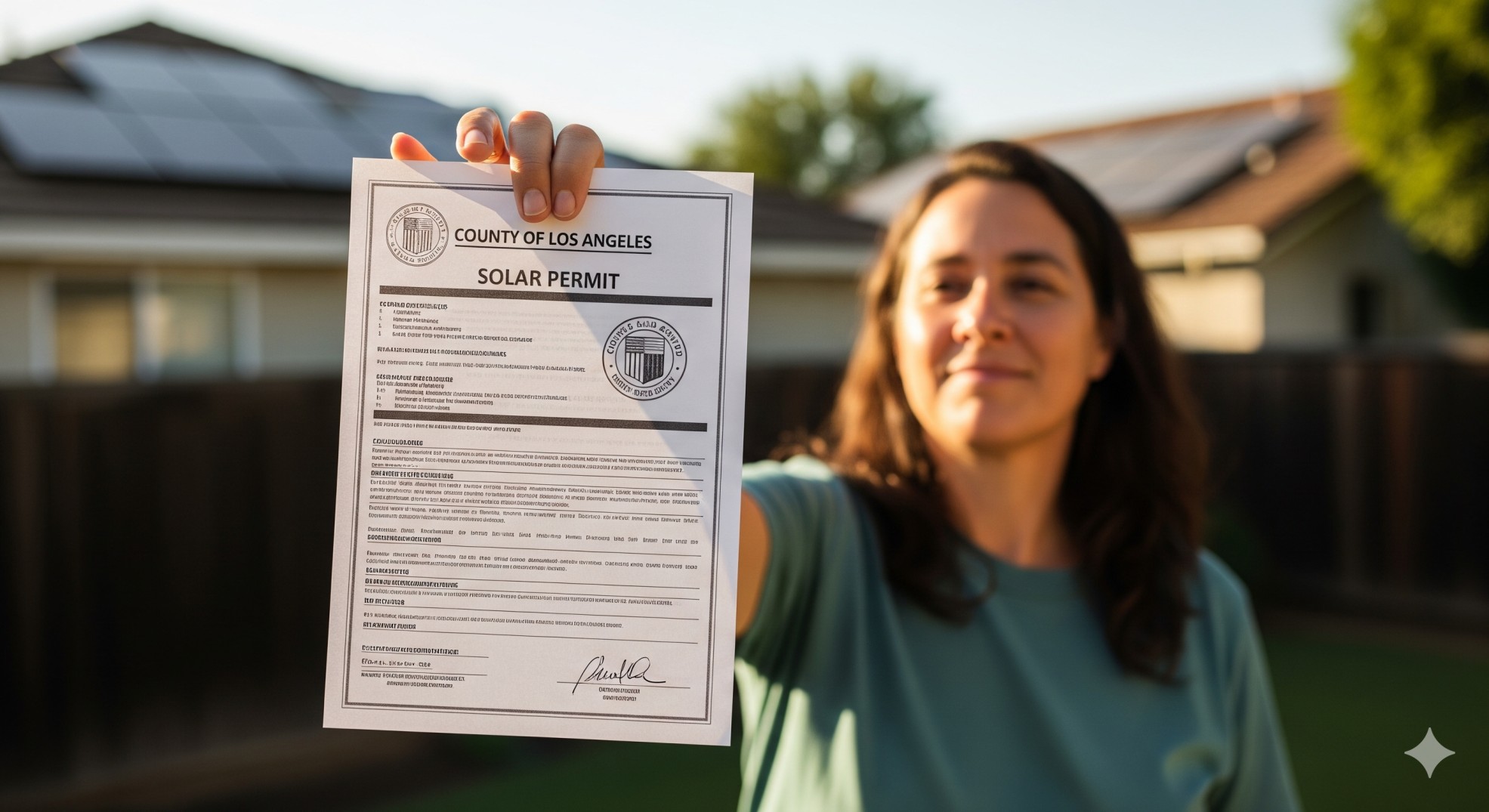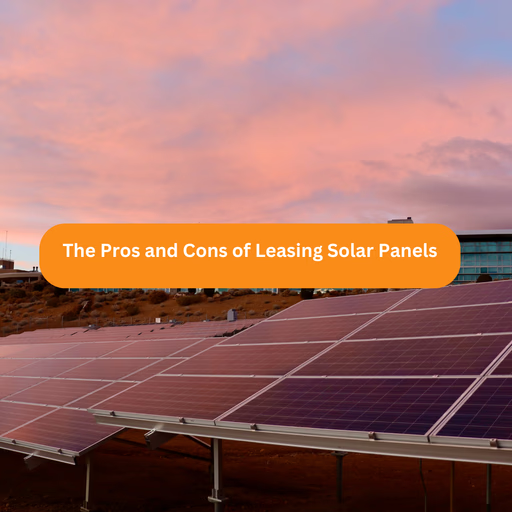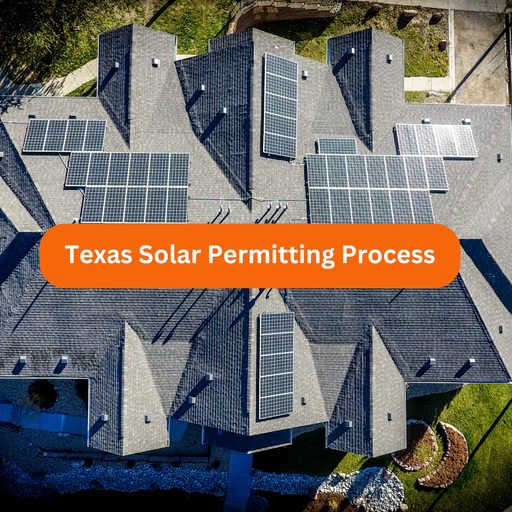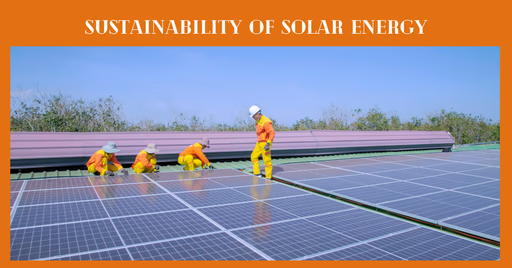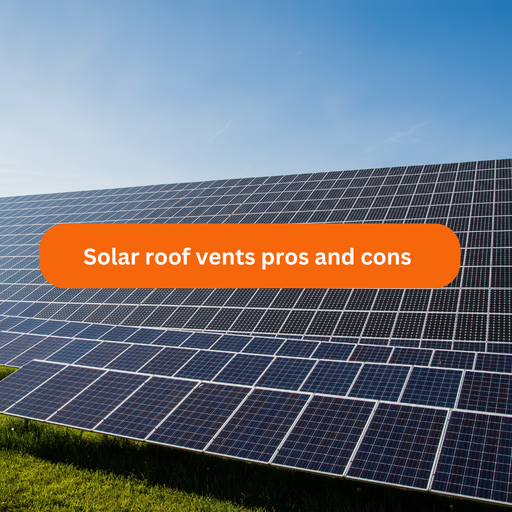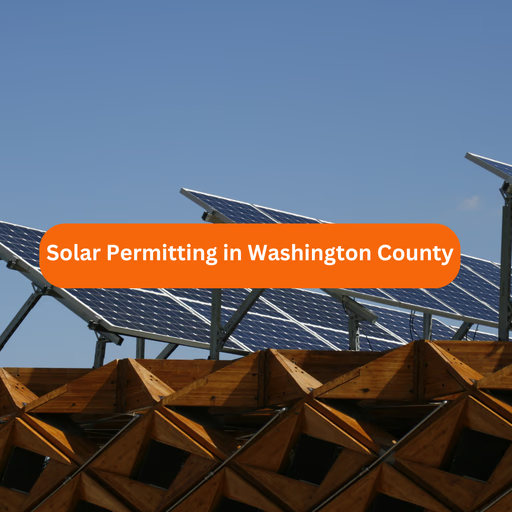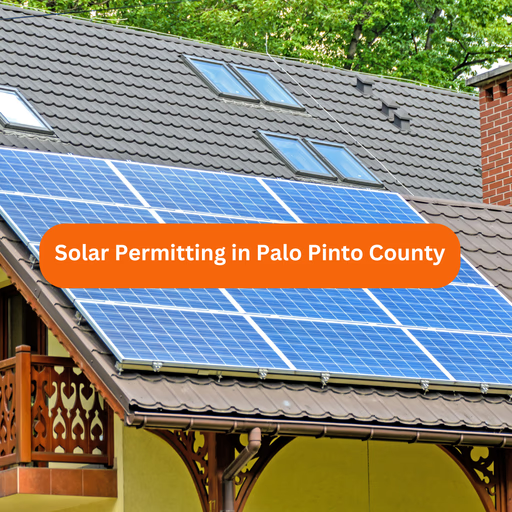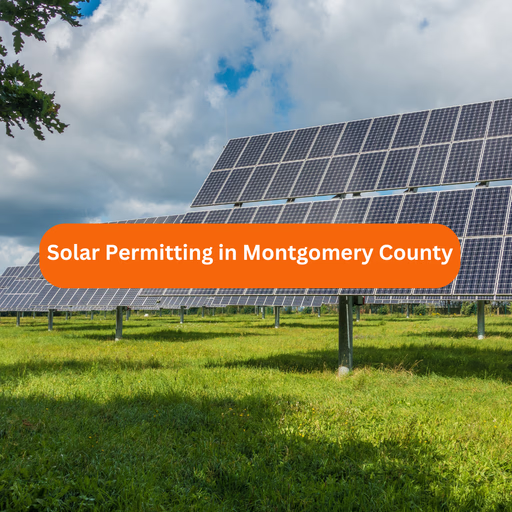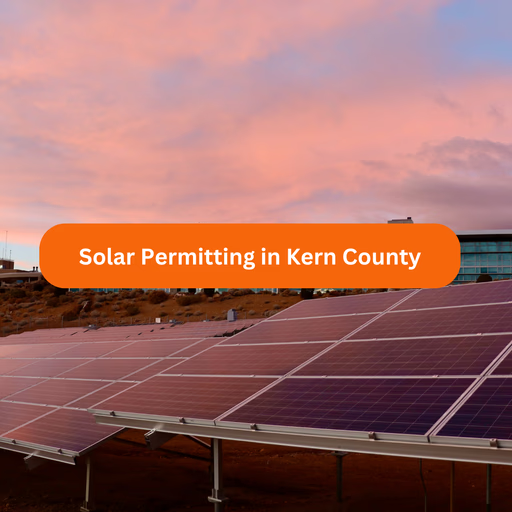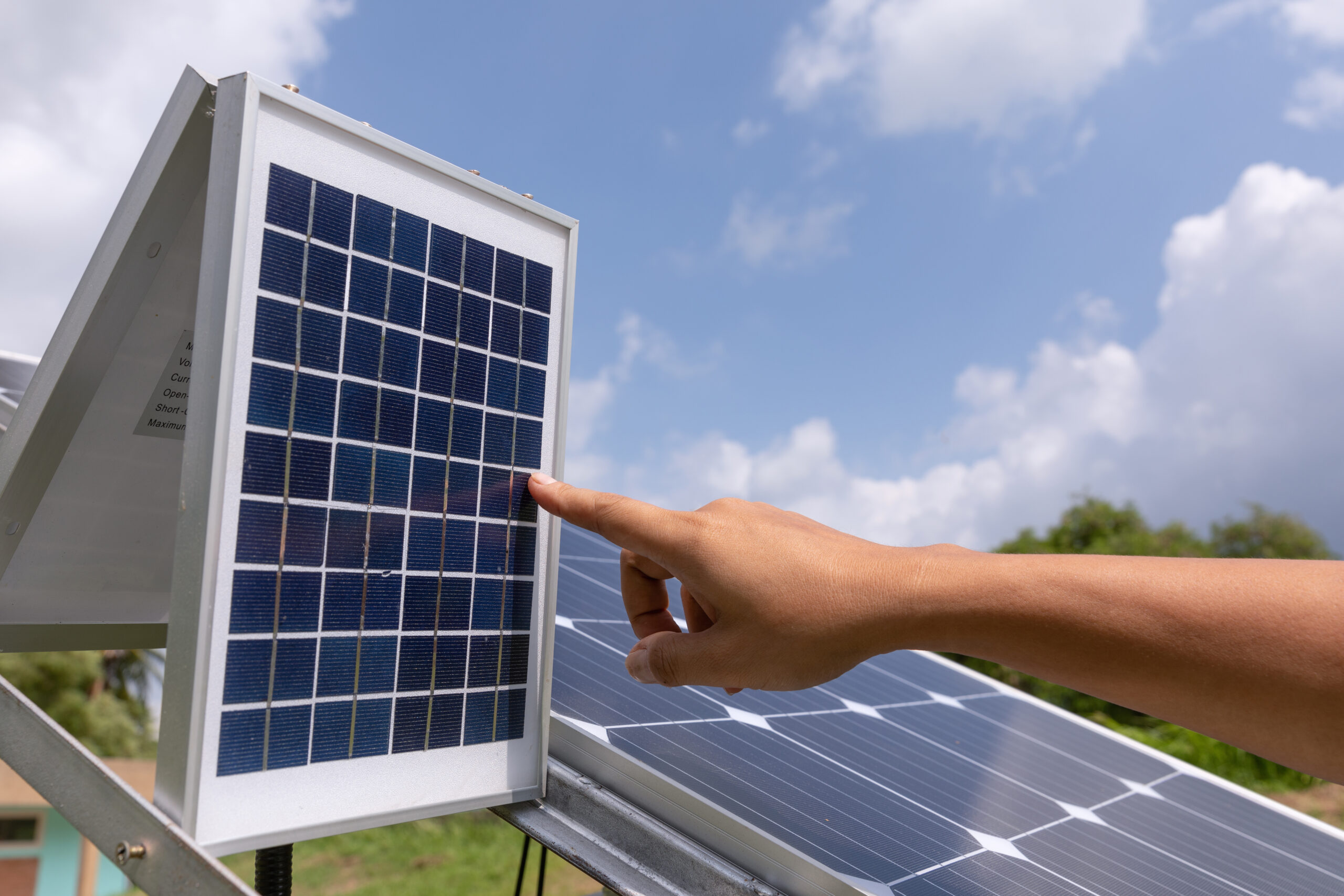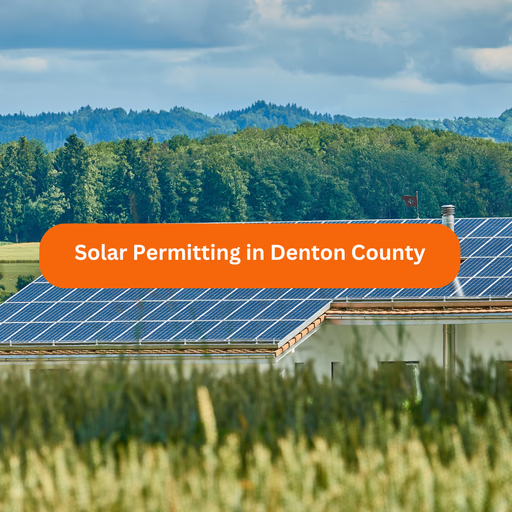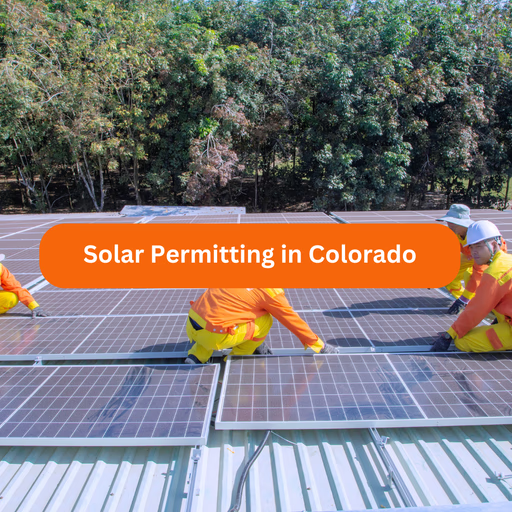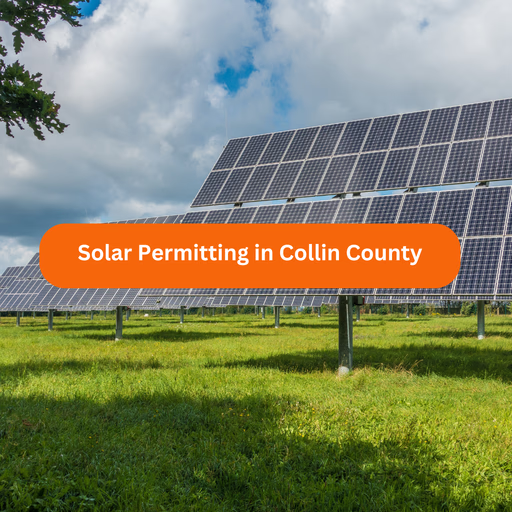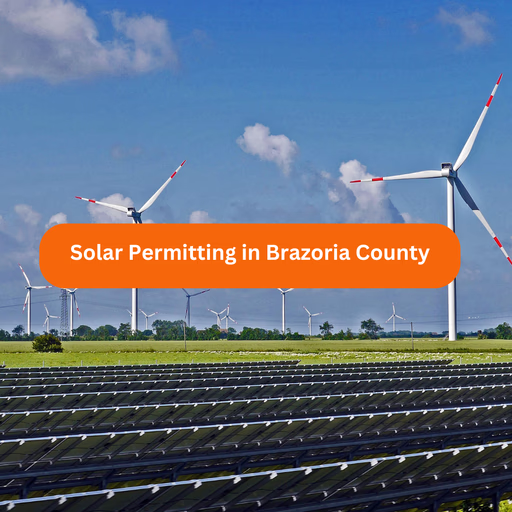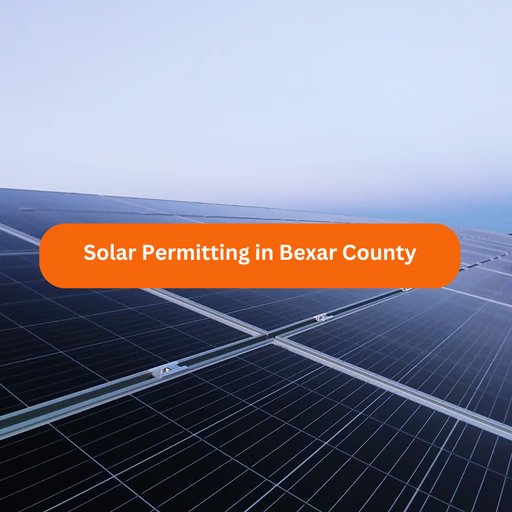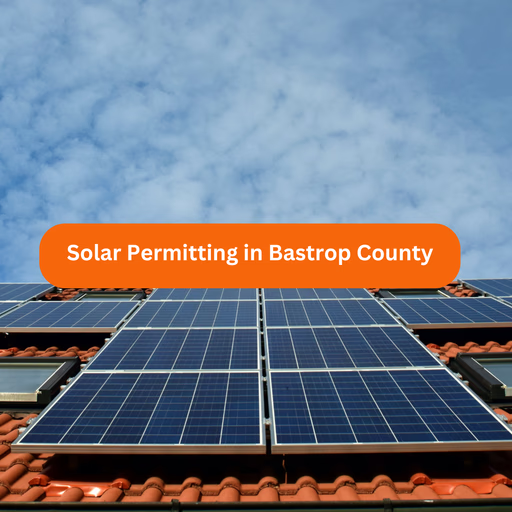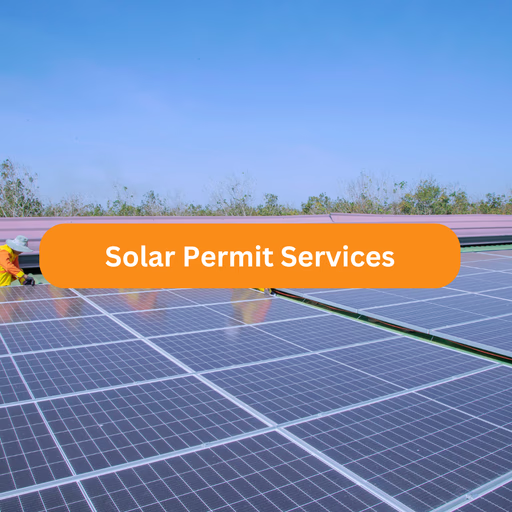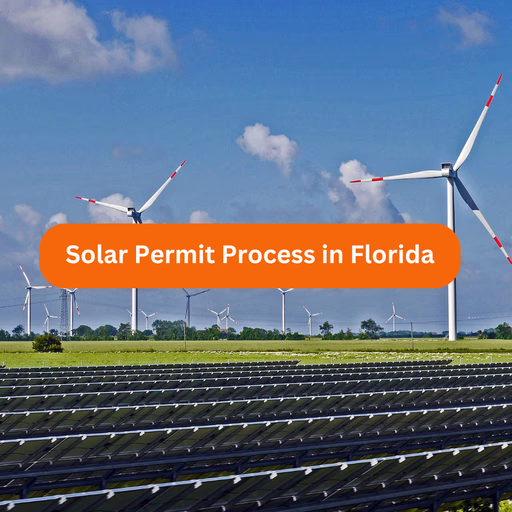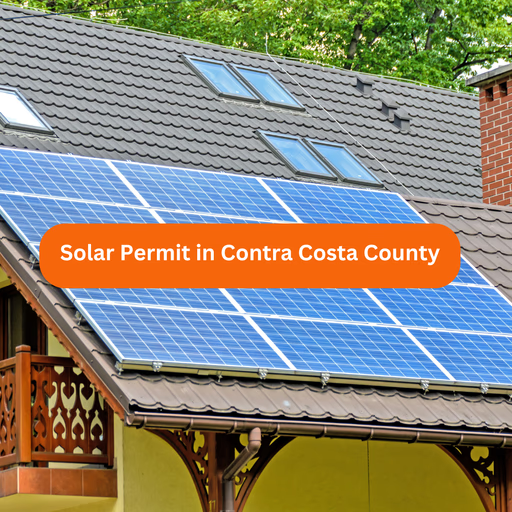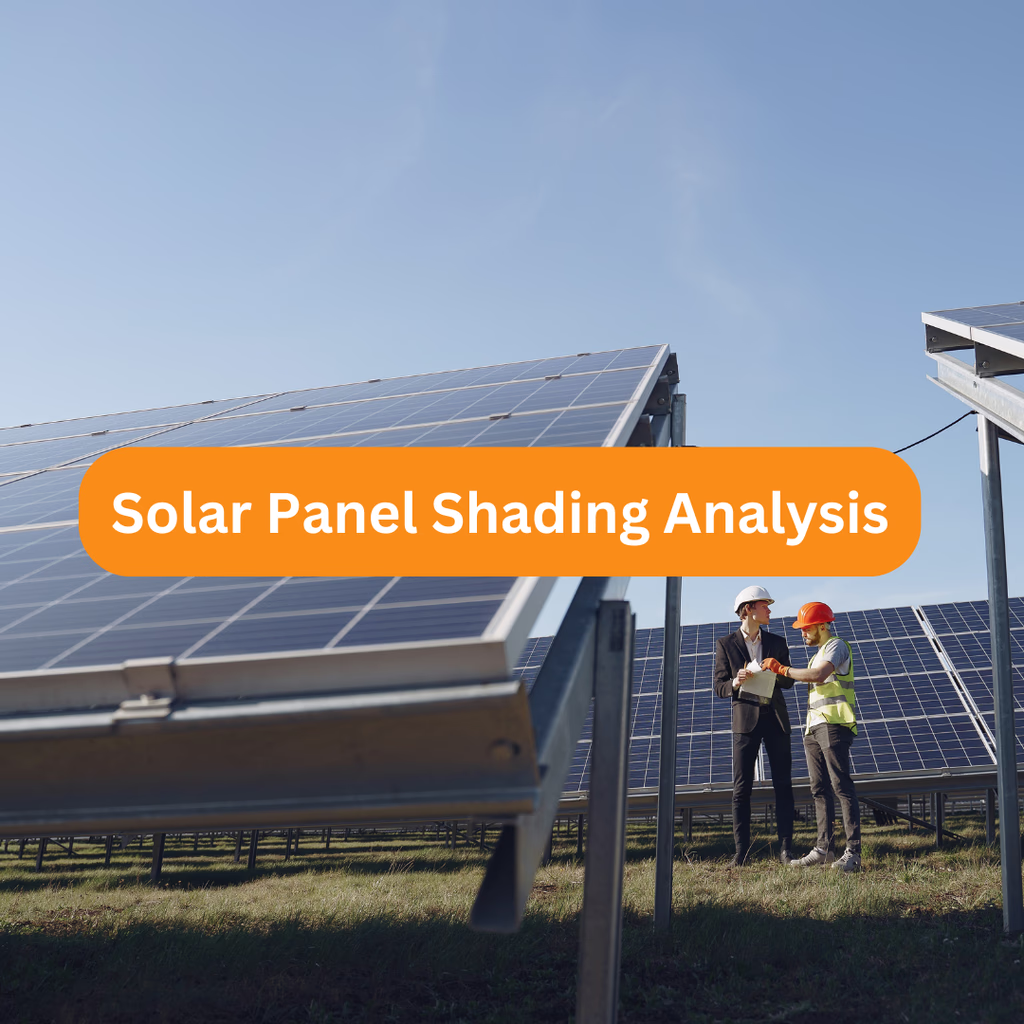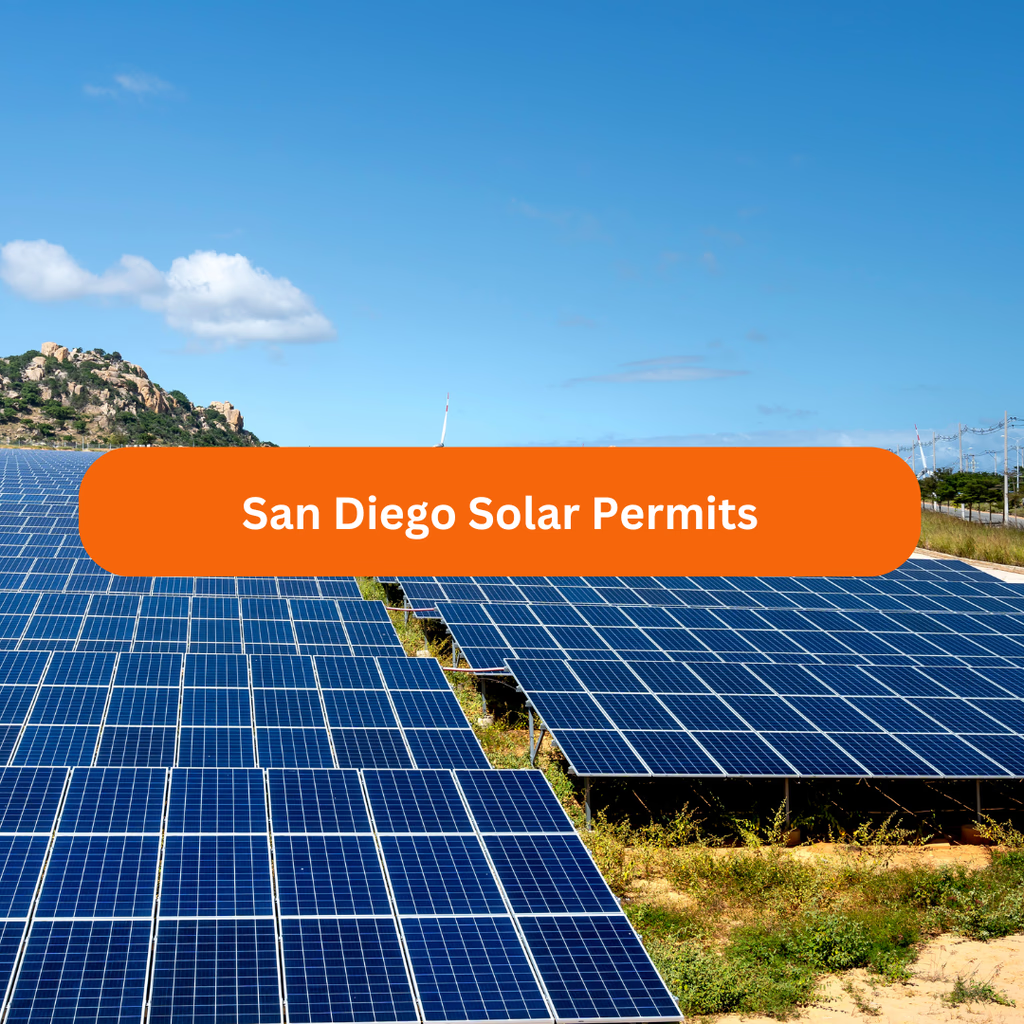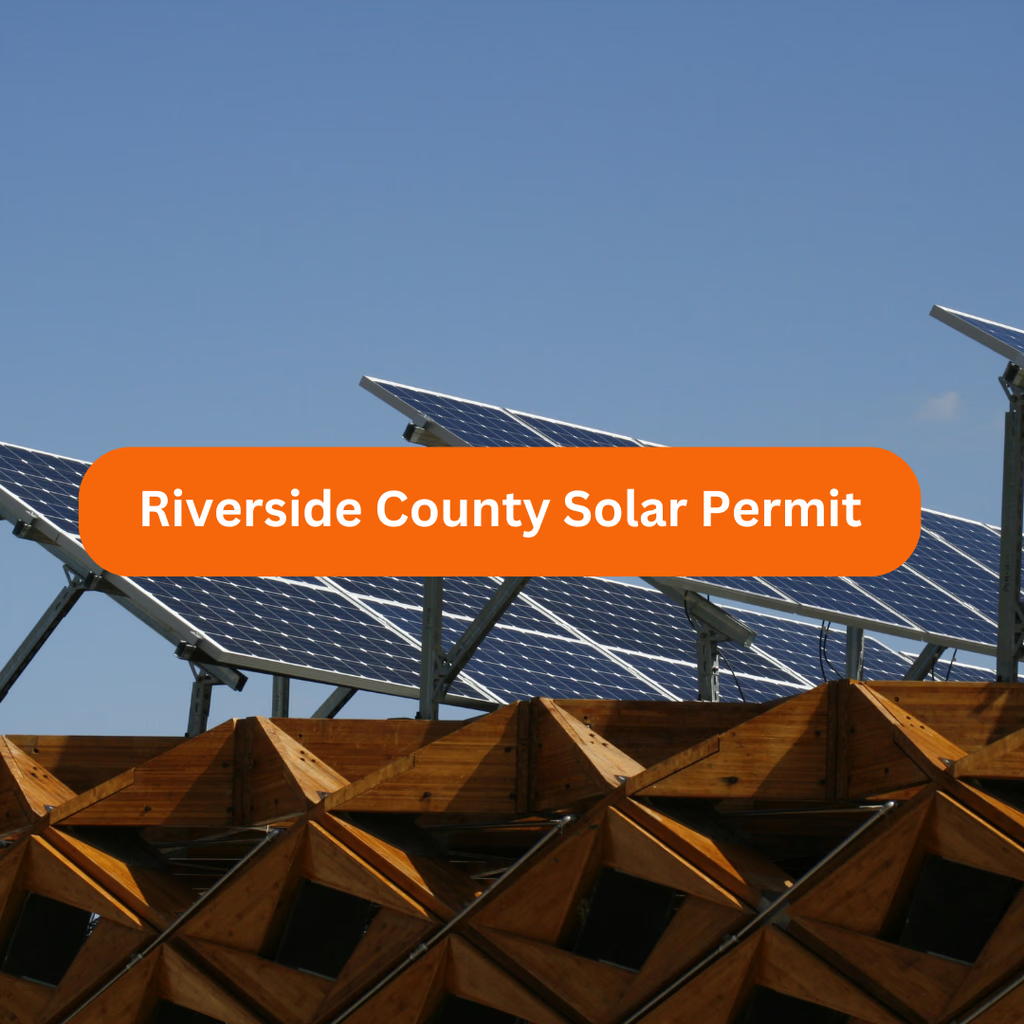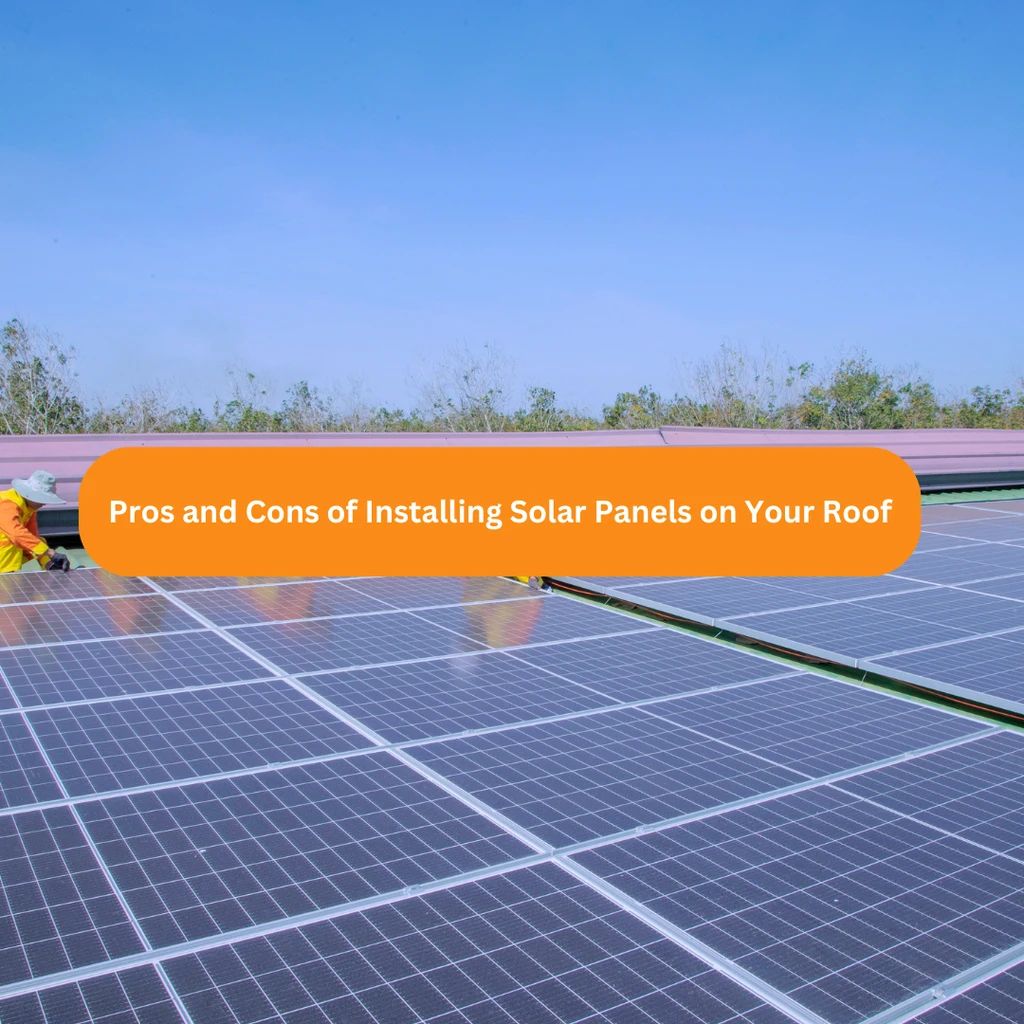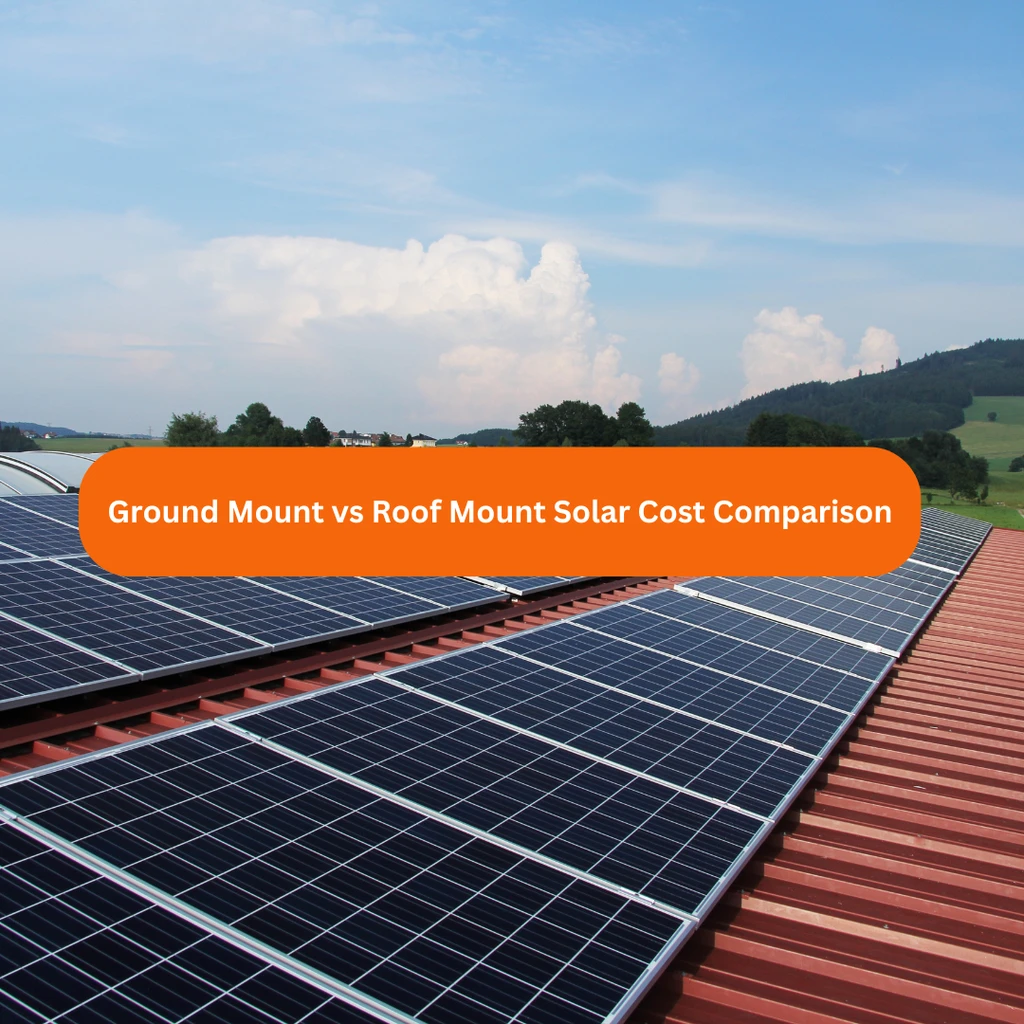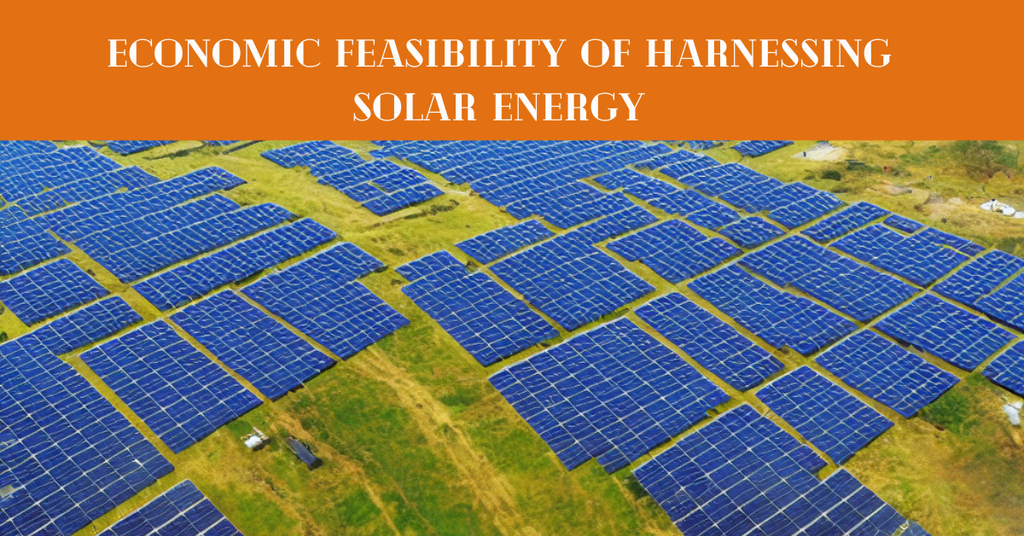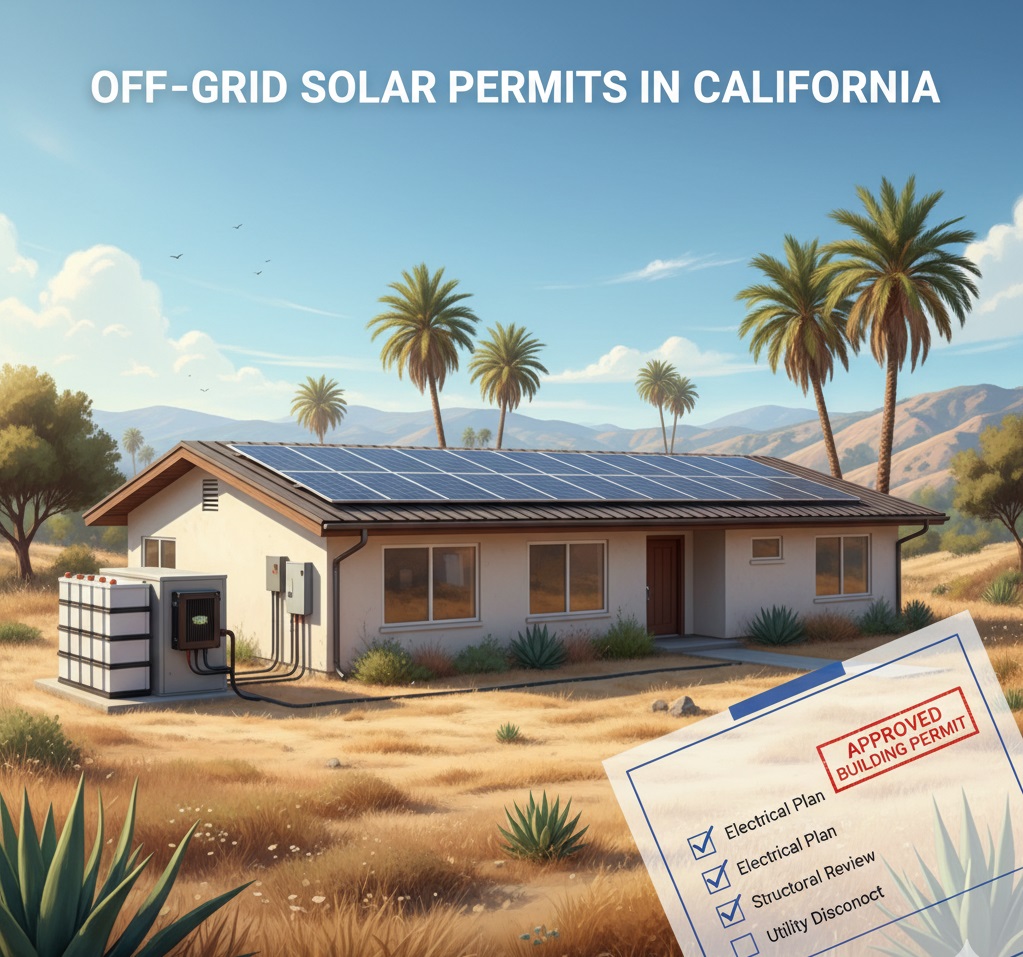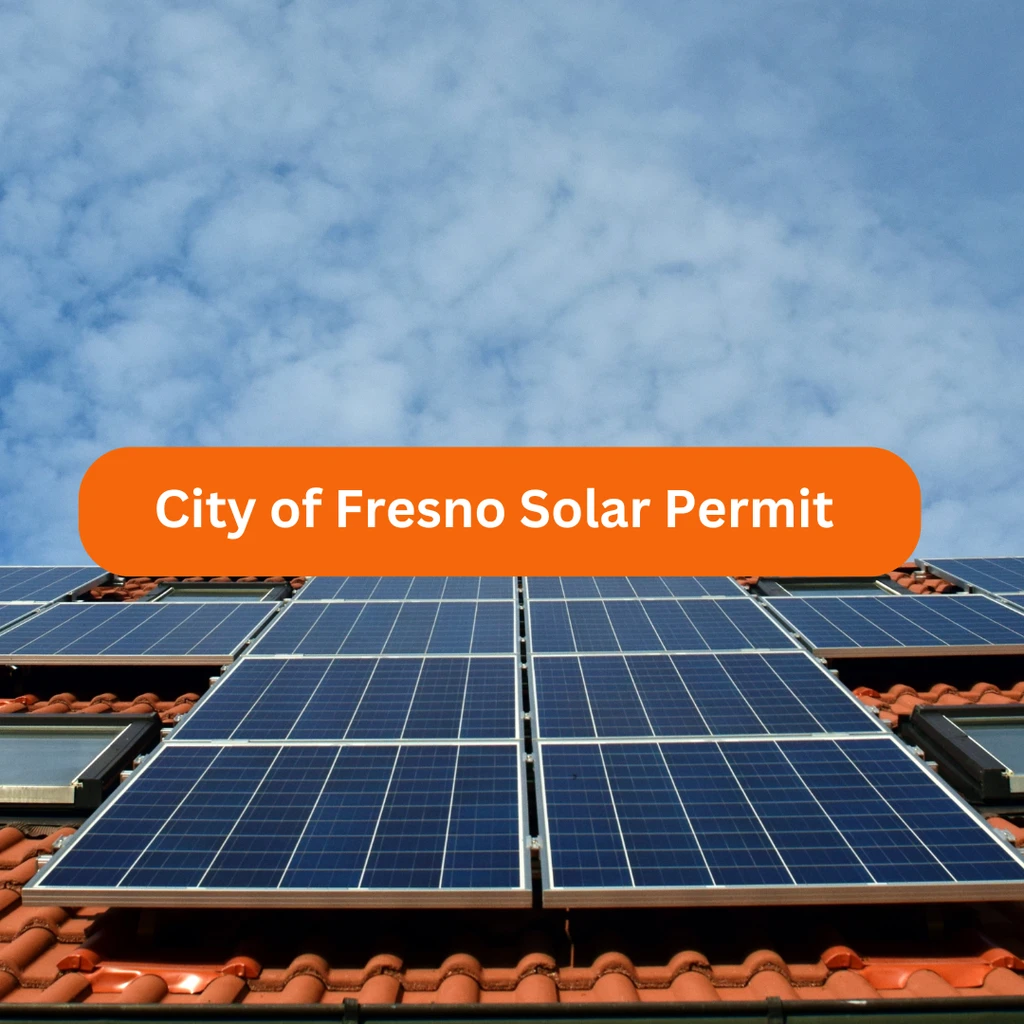Solar panels are one of the safest and most reliable sources of clean energy on the planet. Millions of homes and businesses use them every day without issues. Still, some homeowners wonder: “Are solar panels a fire hazard?”
The short answer? Solar panel fire incidents are extremely rare. In fact, studies show they happen far less often than fires caused by common household appliances like toasters, dryers, or air conditioners. But like any electrical system, there’s always a small solar panel fire risk—usually linked to poor installation or faulty equipment.
This guide will explain the real causes, how often solar panels catch fire, and what you can do to keep your system safe.
Can Solar Panels Catch Fire?
Yes, but the chances are very low.
According to research by the International Energy Agency (IEA), fewer than 0.006% of solar installations have reported fire-related incidents. To put that in perspective: you’re more likely to experience a kitchen fire than a solar panel fire.
The panels themselves are made of tempered glass, silicon, and aluminum—materials that are not highly flammable. Fires usually come from electrical faults in the system, not the panels.
What Causes Solar Panel Fires?
While rare, here are the most common triggers of solar panel fire risks:
1. Faulty Wiring or Loose Connections
Improperly crimped connectors or damaged cables can overheat and spark.
2. Poor Installation Practices
Unqualified installers skipping safety codes or DIY setups done incorrectly increase fire hazards.
3. Low-Quality Components
Cheap inverters, connectors, or mounting equipment may not meet fire safety standards.
4. Hot Spots & Overheating
Defects in panels or shading issues can create “hot spots,” which in rare cases may ignite.
5. Environmental Factors
Rodents chewing wires, storm damage, or debris buildup may expose live electrical parts.
How Common Are Solar Panel Fires?
Here’s the reassuring part: solar panel fires are extremely rare.
- In the UK, a study found only 80 solar-related fire incidents across 1 million installations (BRE National Solar Centre).
- In Australia, regulators reported fewer than 1 fire per 10,000 systems annually, mostly caused by faulty DC isolators—not the panels.
When installed properly, solar systems are far less likely to start a fire than many everyday electrical devices.
Solar Panel Fire Safety Tips
You can make the tiny risk even smaller by following these simple steps:
Hire Certified Installers – Always choose licensed professionals who follow local electrical codes.
Invest in Quality Components – Use Tier-1 solar panels, UL-certified inverters, and branded connectors.
Schedule Annual Inspections – A technician can spot loose wires, corrosion, or damage early
Monitor Your System – Smart inverters can alert you to overheating or performance drops.
Maintain Your Roof Area – Keep panels free from debris, trim overhanging branches, and check for nesting animals.
Final Thoughts: Are Solar Panels a Fire Hazard?
So, can solar panels catch fire? Technically, yes. But statistically, the solar panel fire risk is tiny compared to other household fire hazards.
The reality is simple: most fires are preventable. Work with experienced installers, choose high-quality equipment, and schedule regular inspections—and your system will be safe for decades.
Going solar doesn’t just cut your bills and reduce your carbon footprint—it’s also one of the safest investments you can make for your home.
FAQs About Solar Panel Fire Risks
Q: Can solar panels catch fire on the roof?
Yes, but only in rare cases—usually due to faulty wiring or poor installation. When installed correctly, solar panels are very safe.
Q: What is the biggest fire hazard with solar panels?
The main risk comes from electrical faults such as loose connections or defective DC isolators, not the panels themselves.
Q: Do solar panels overheat enough to cause fires?
Panels can get hot in the sun, but overheating to fire levels is extremely rare. Hot spots from damage or defects are the bigger concern.
Q: Should I worry about solar panels causing house fires?
No. With professional installation, proper maintenance, and certified equipment, the risk is extremely low—far less than many appliances already in your home.
